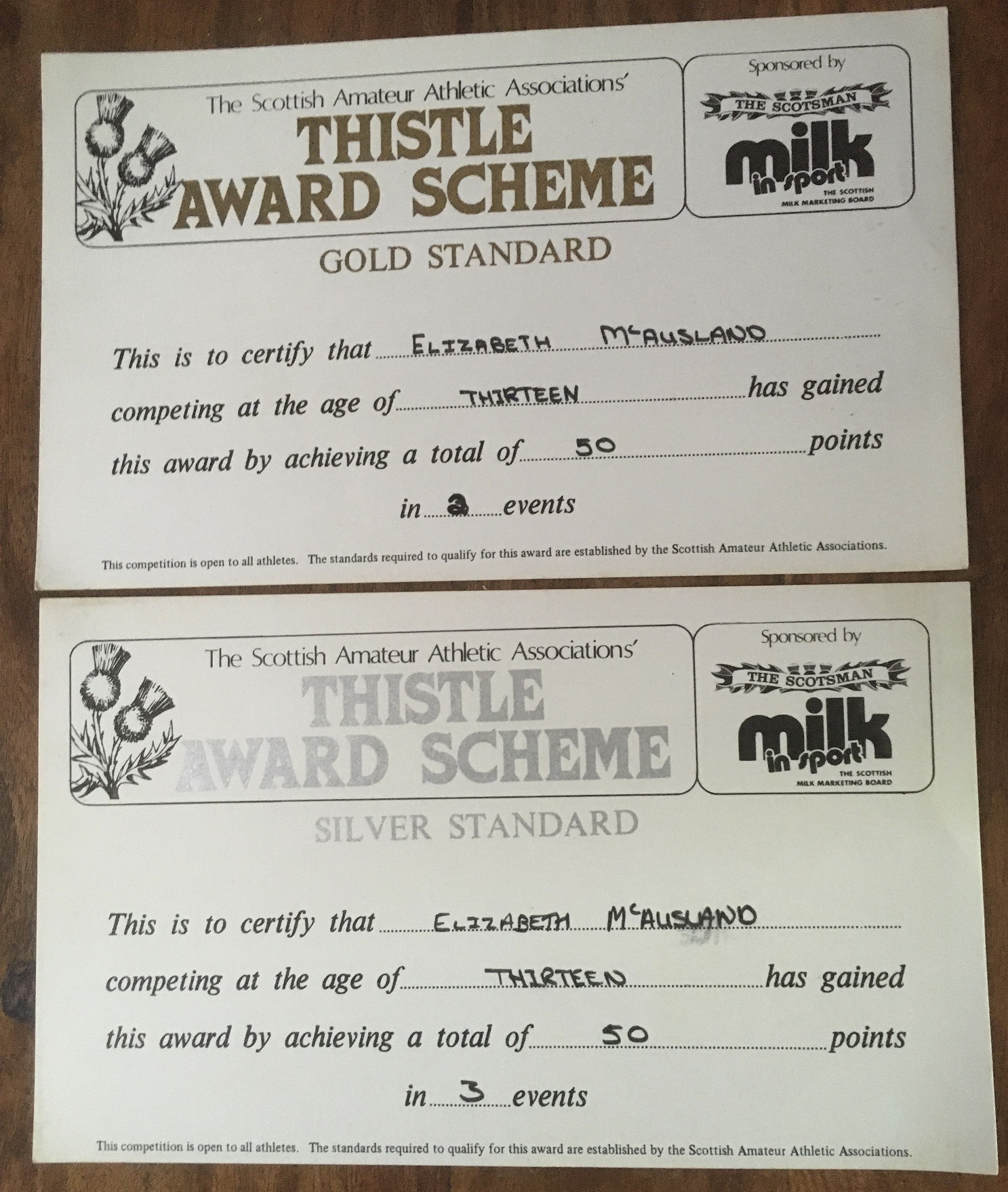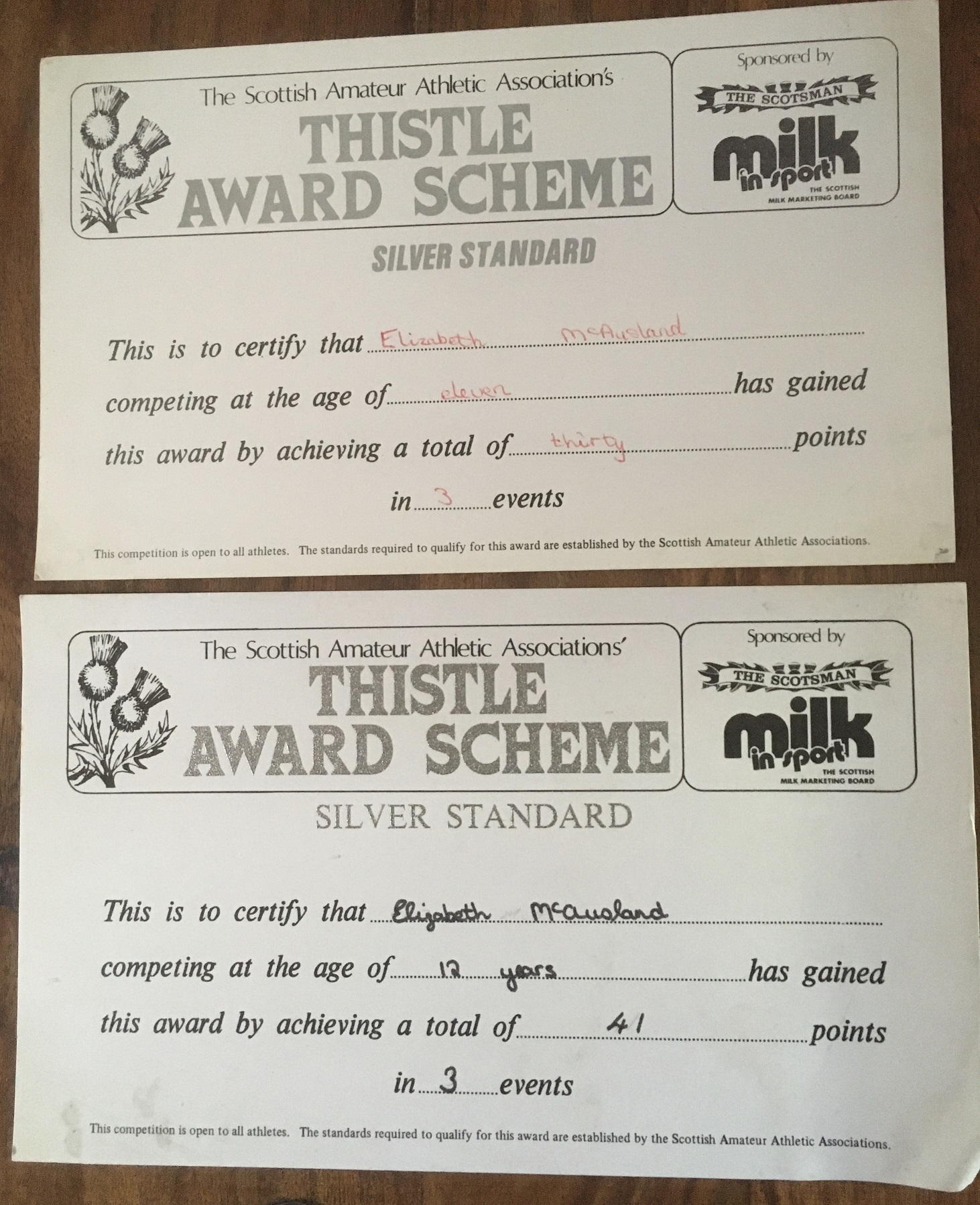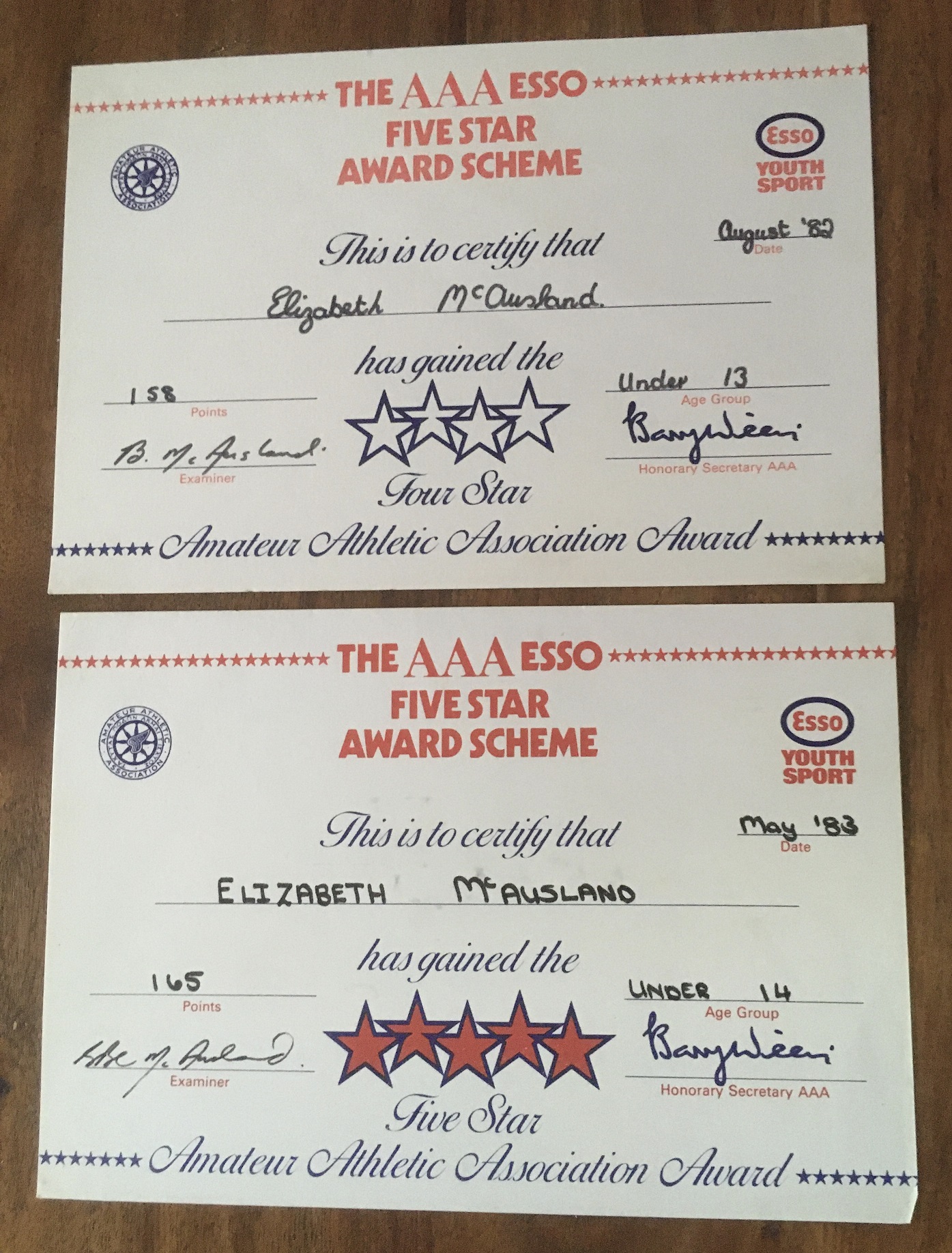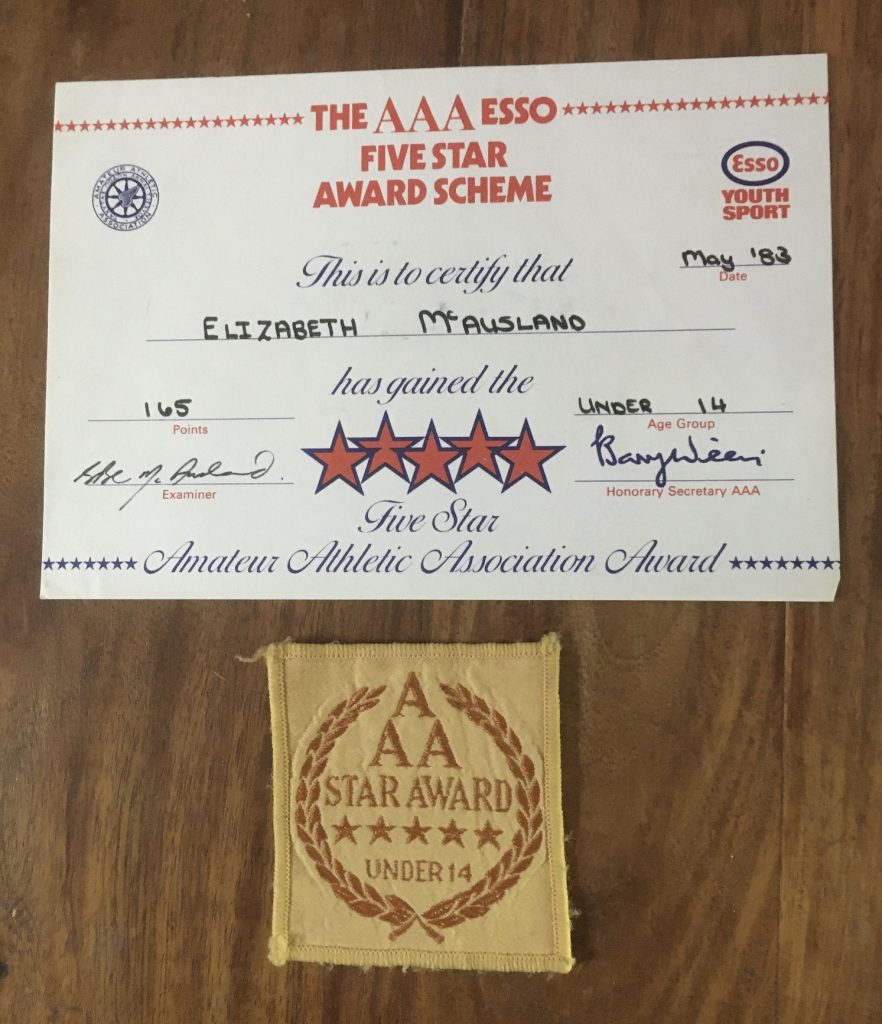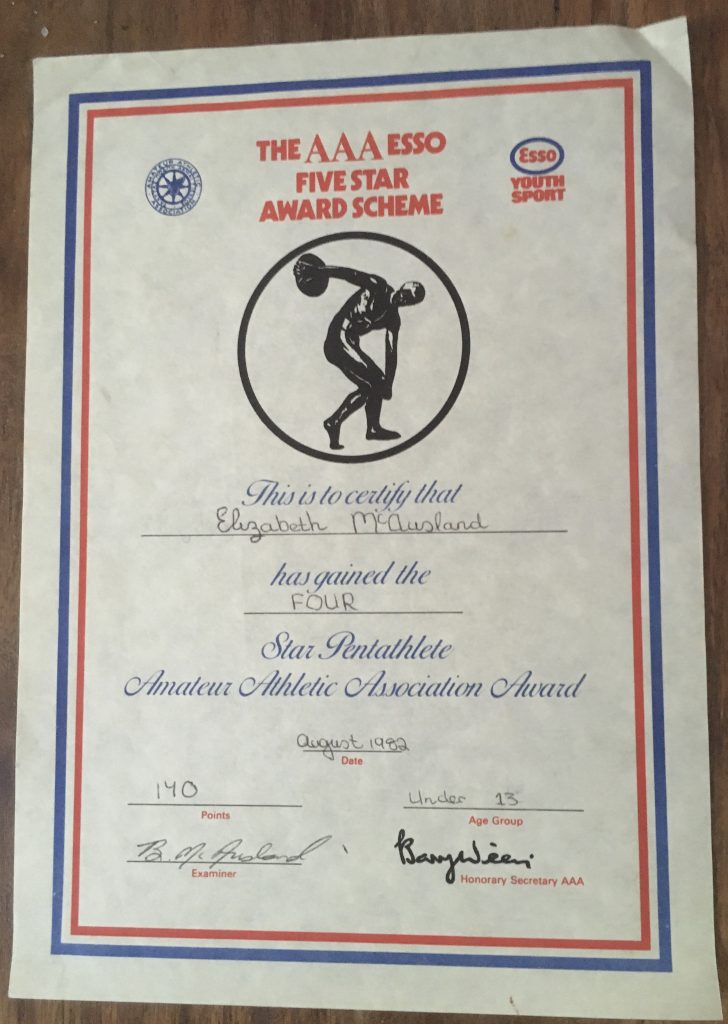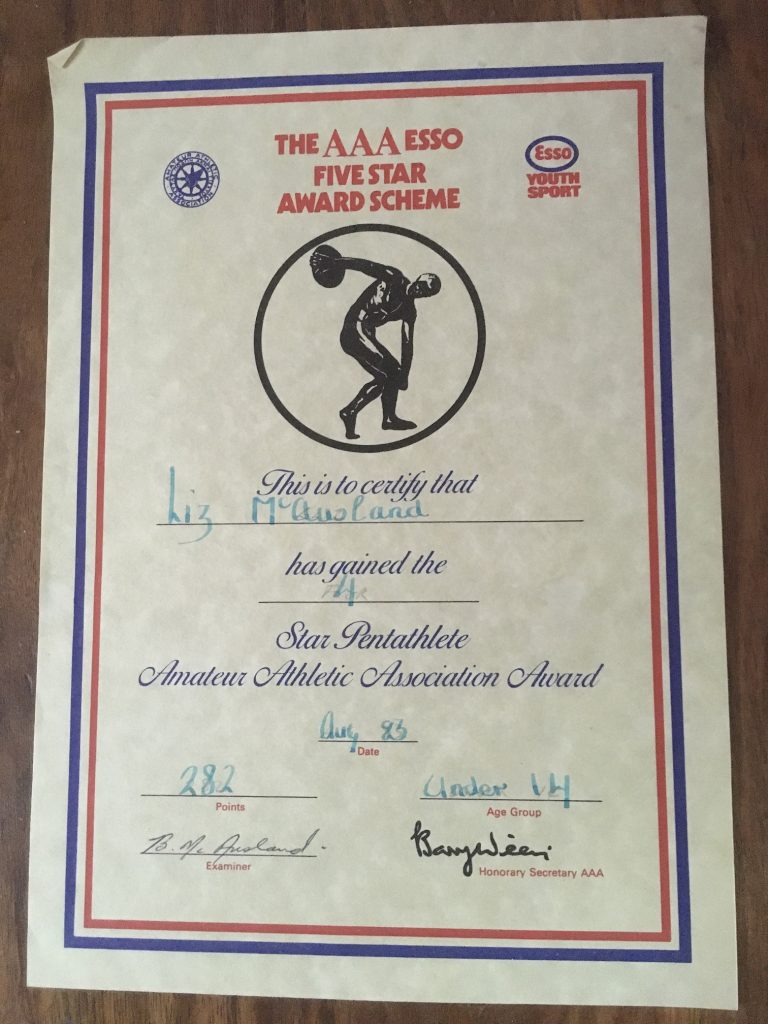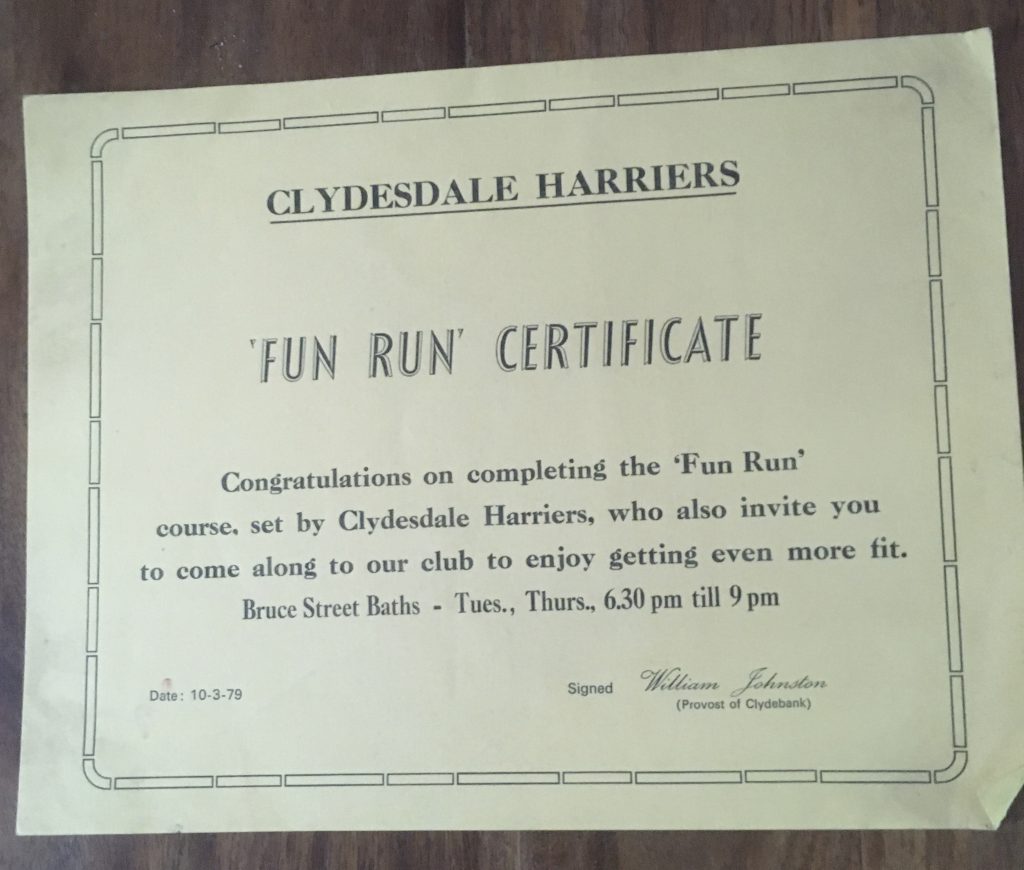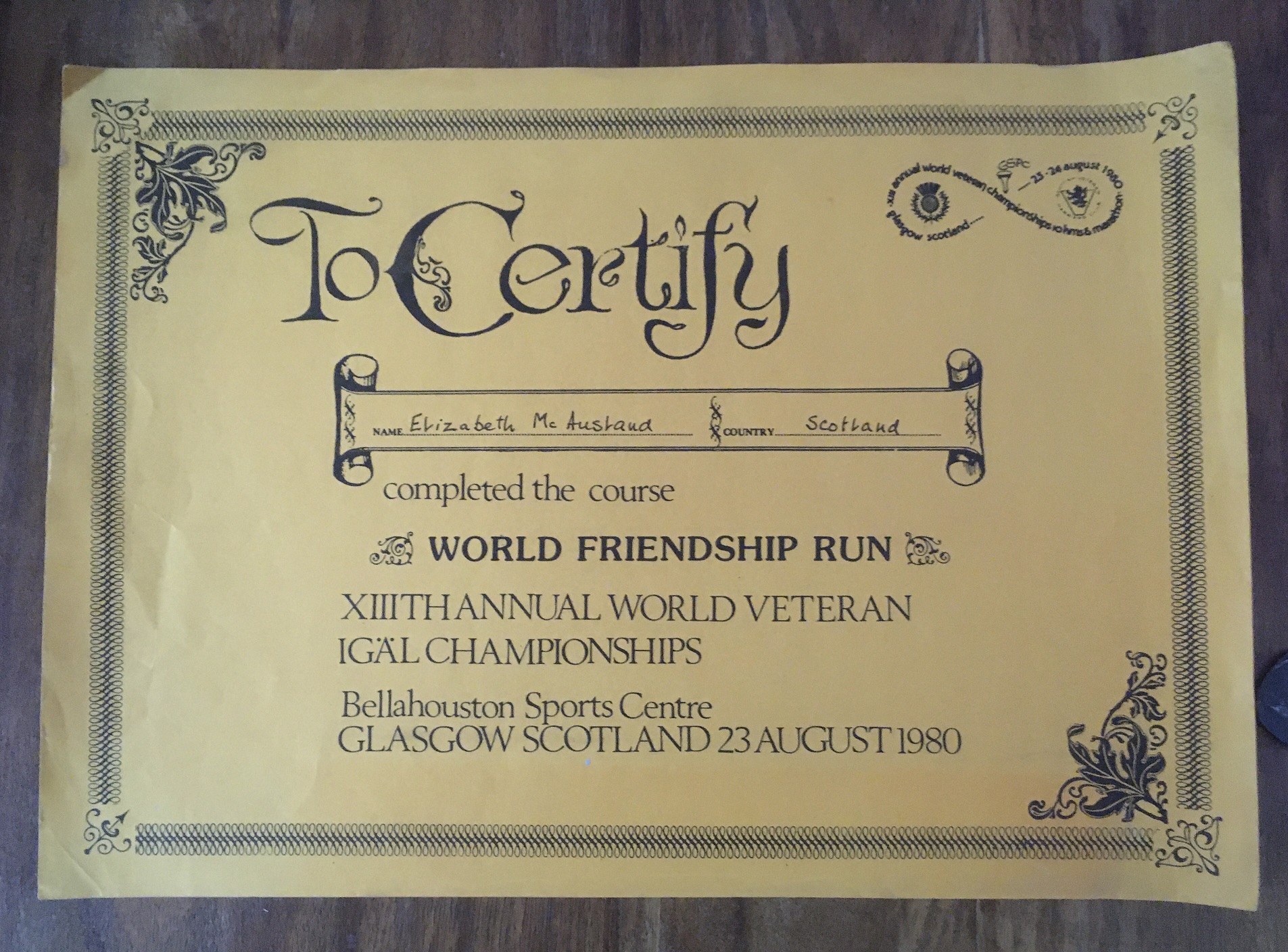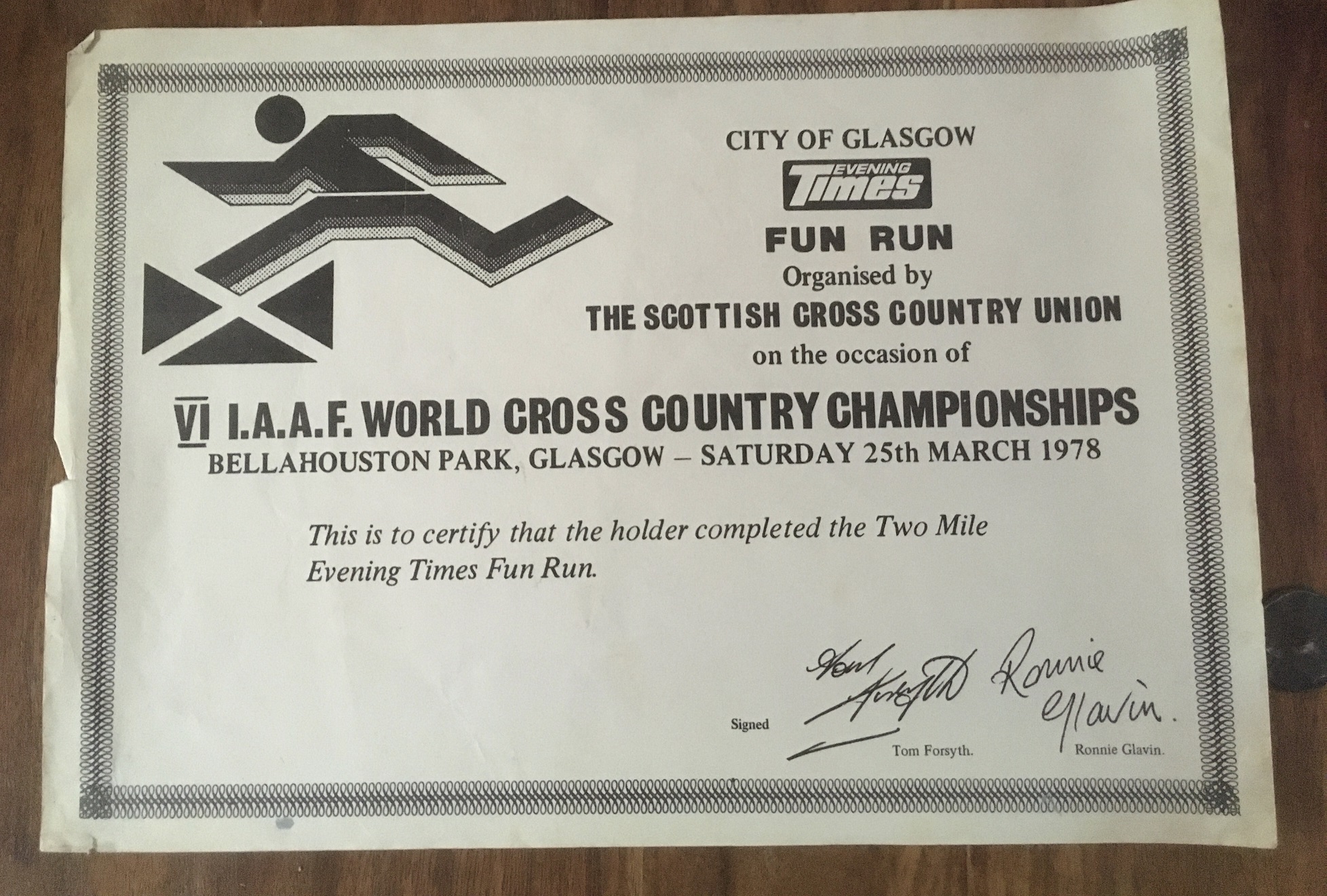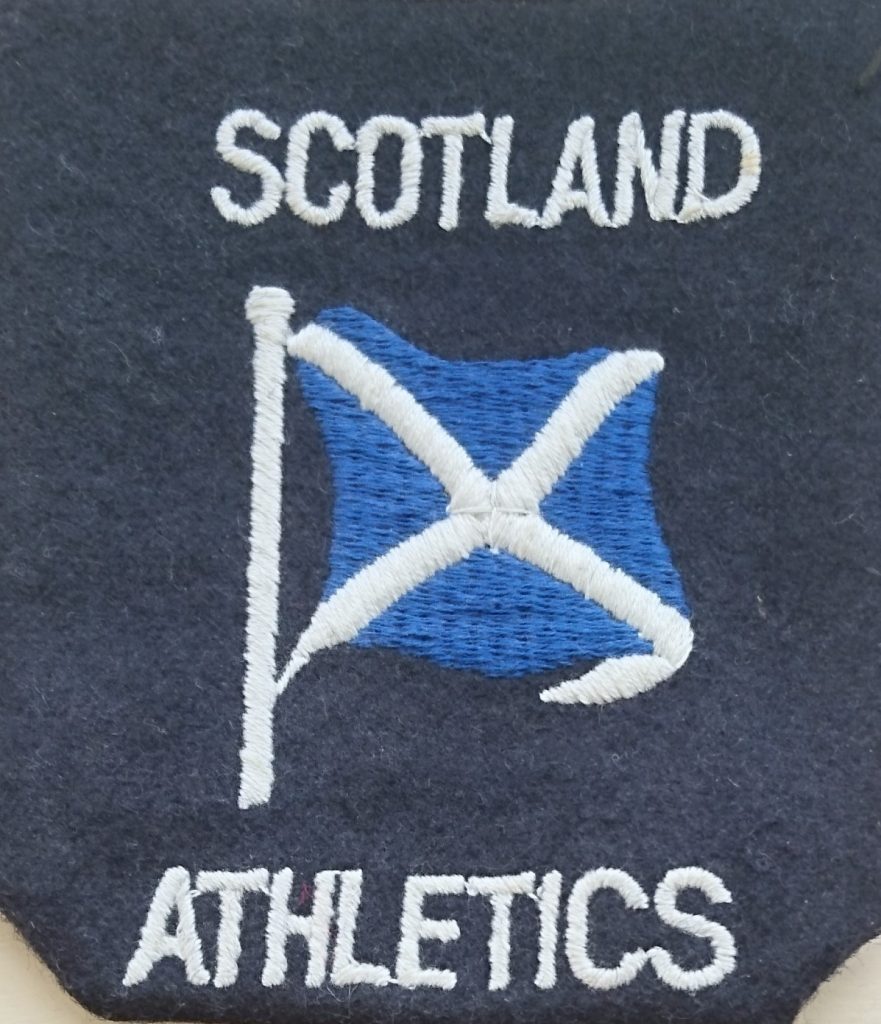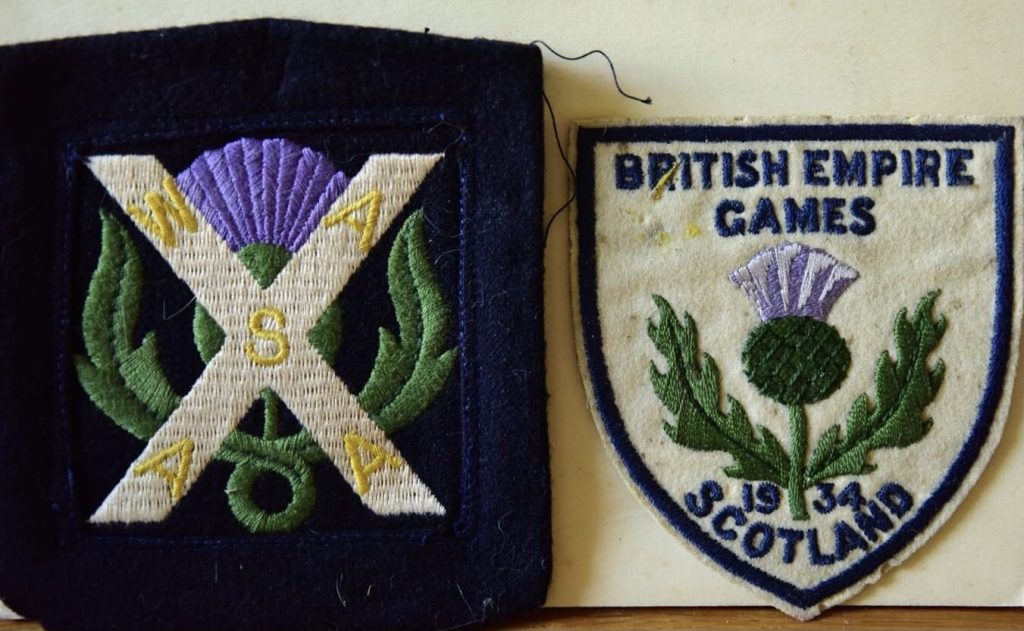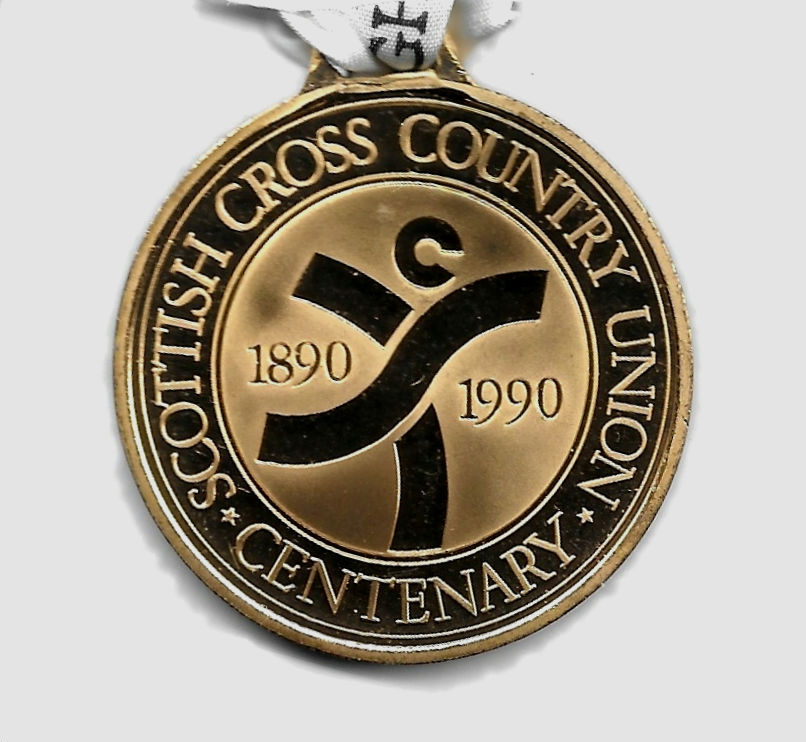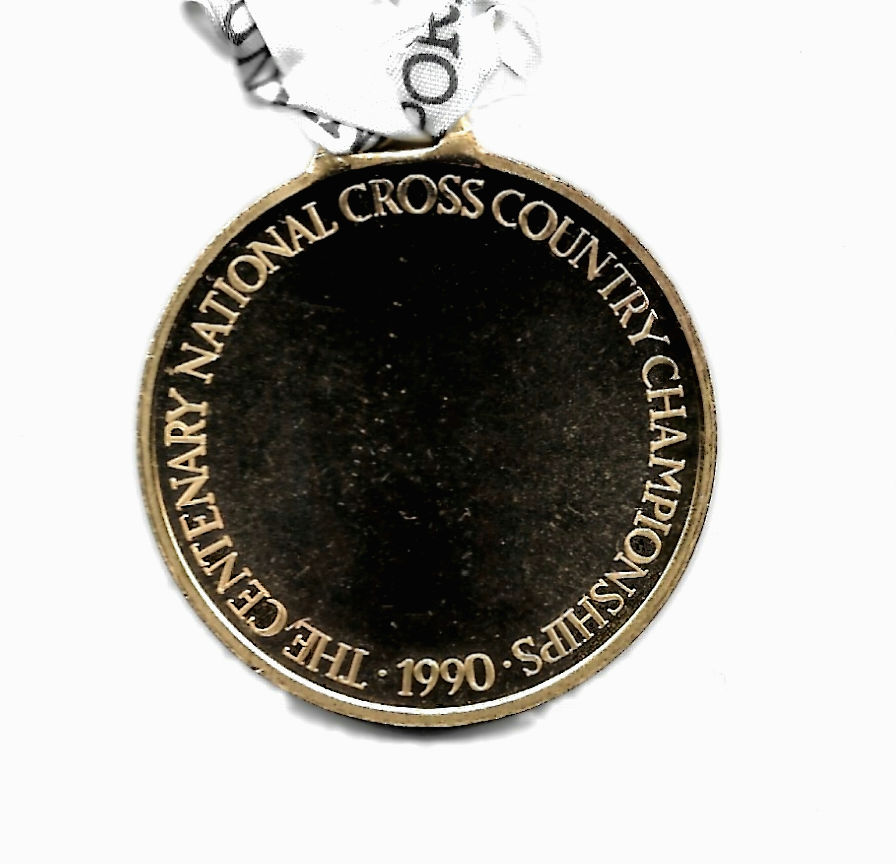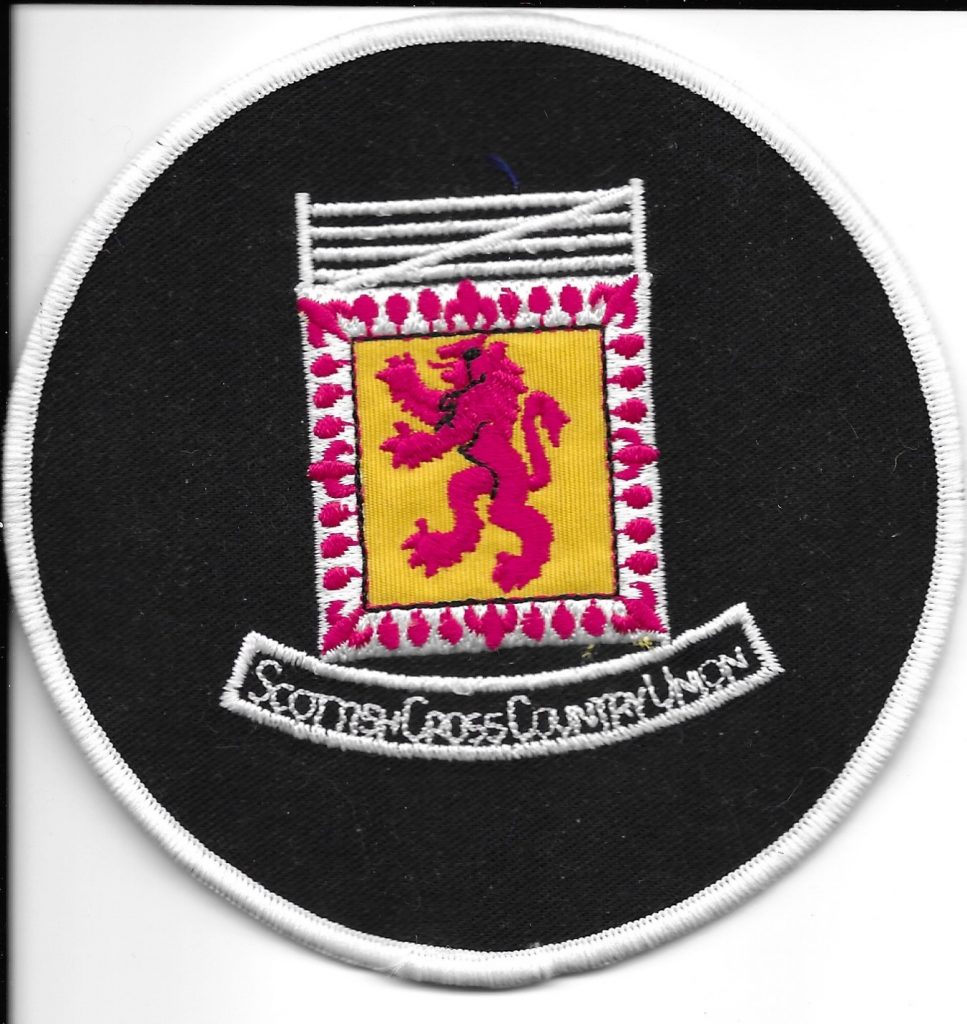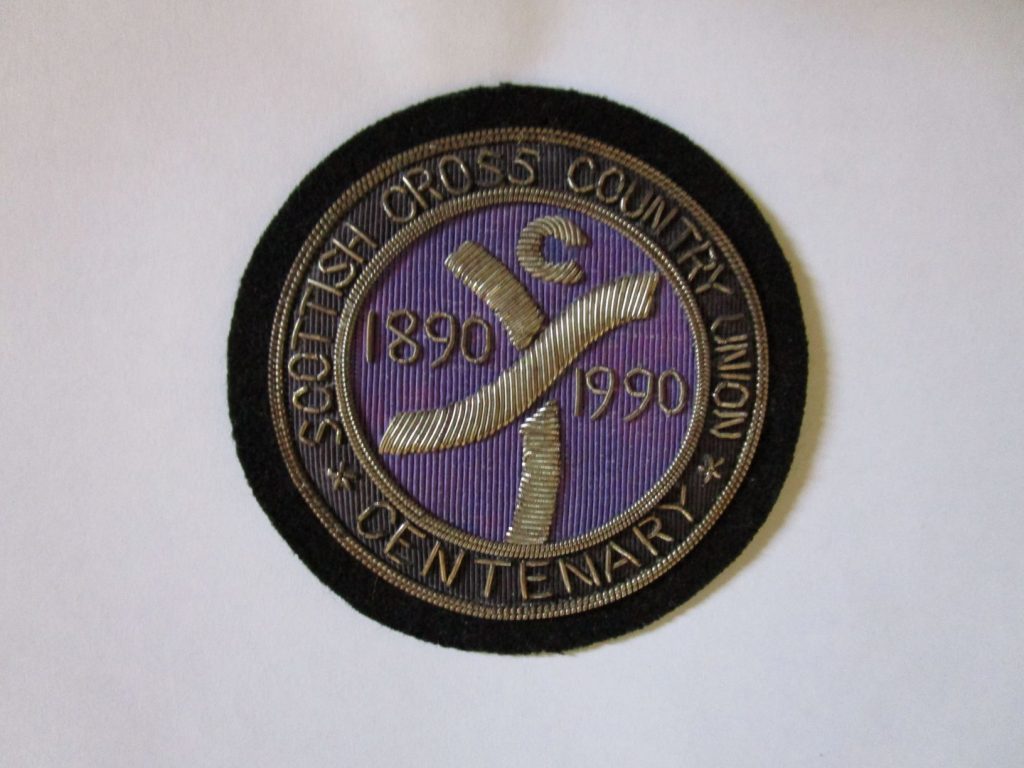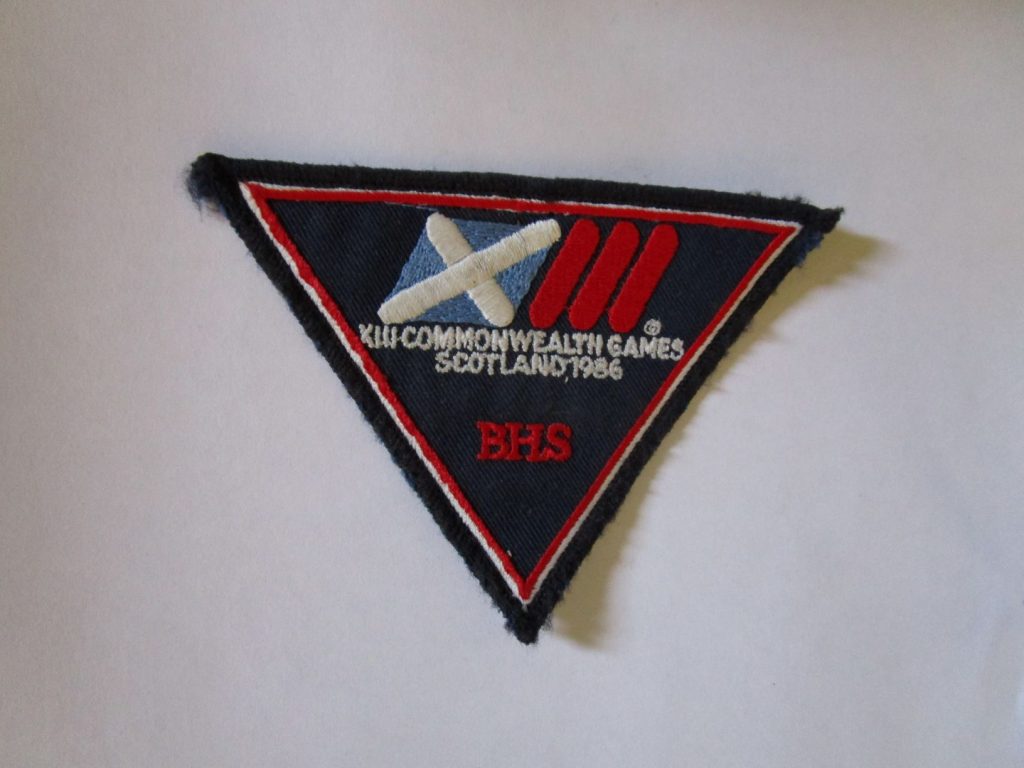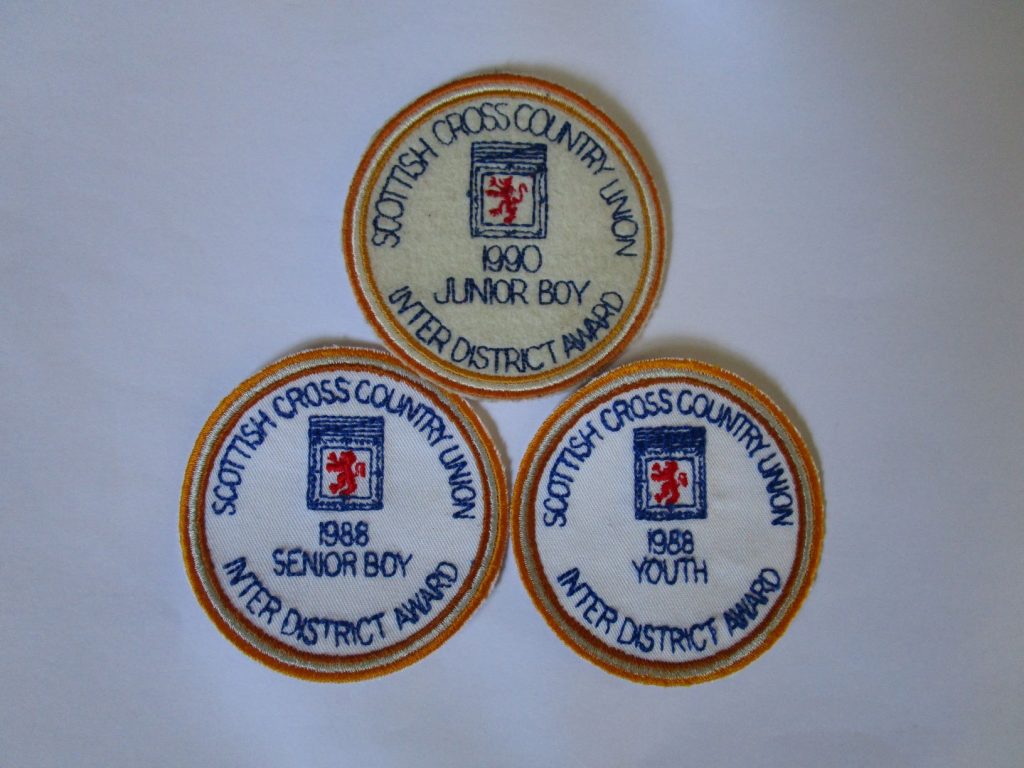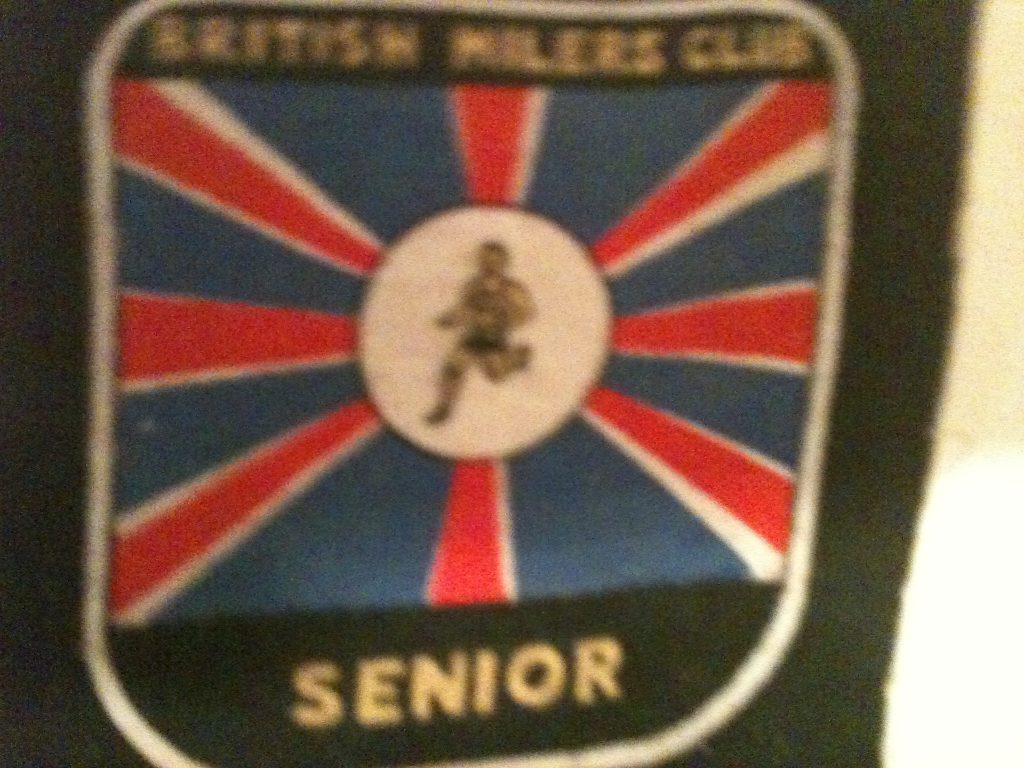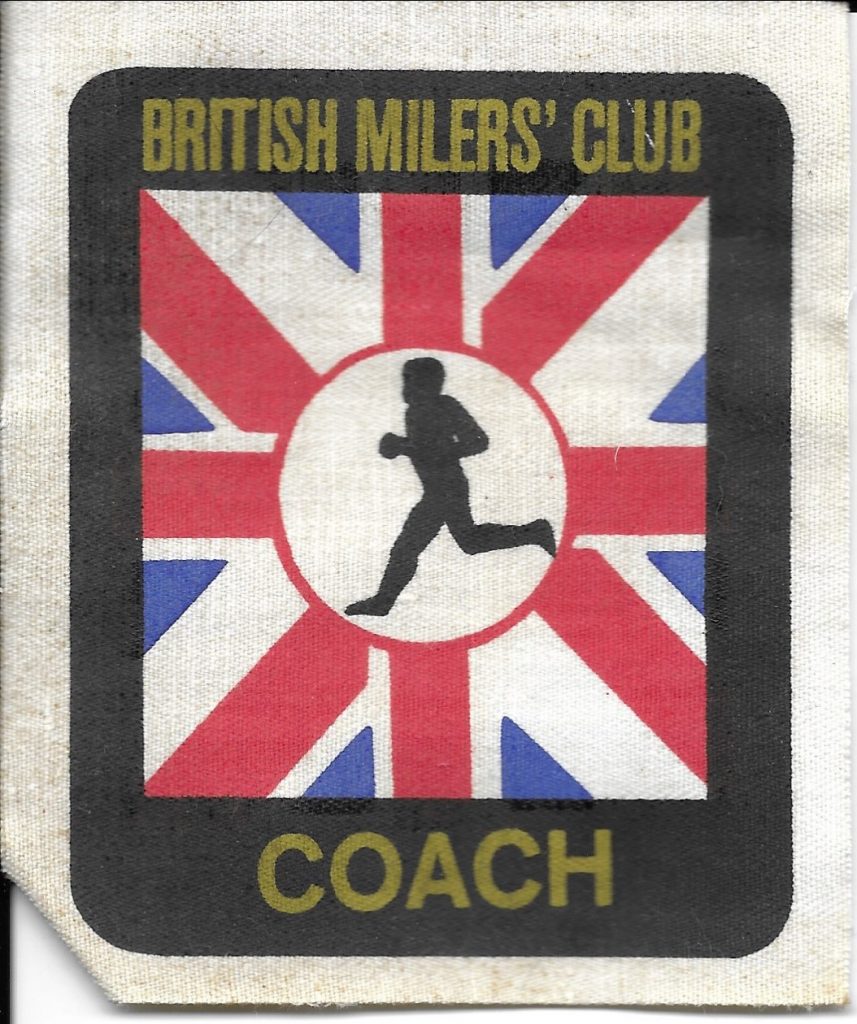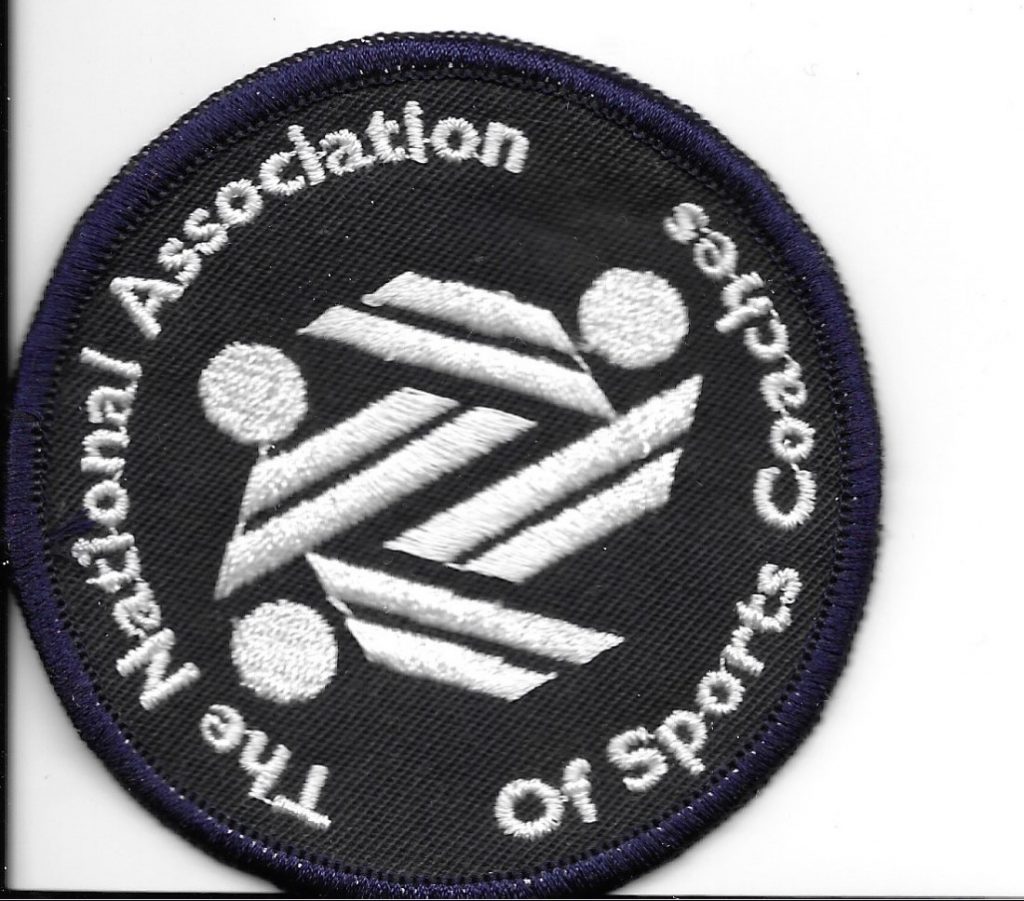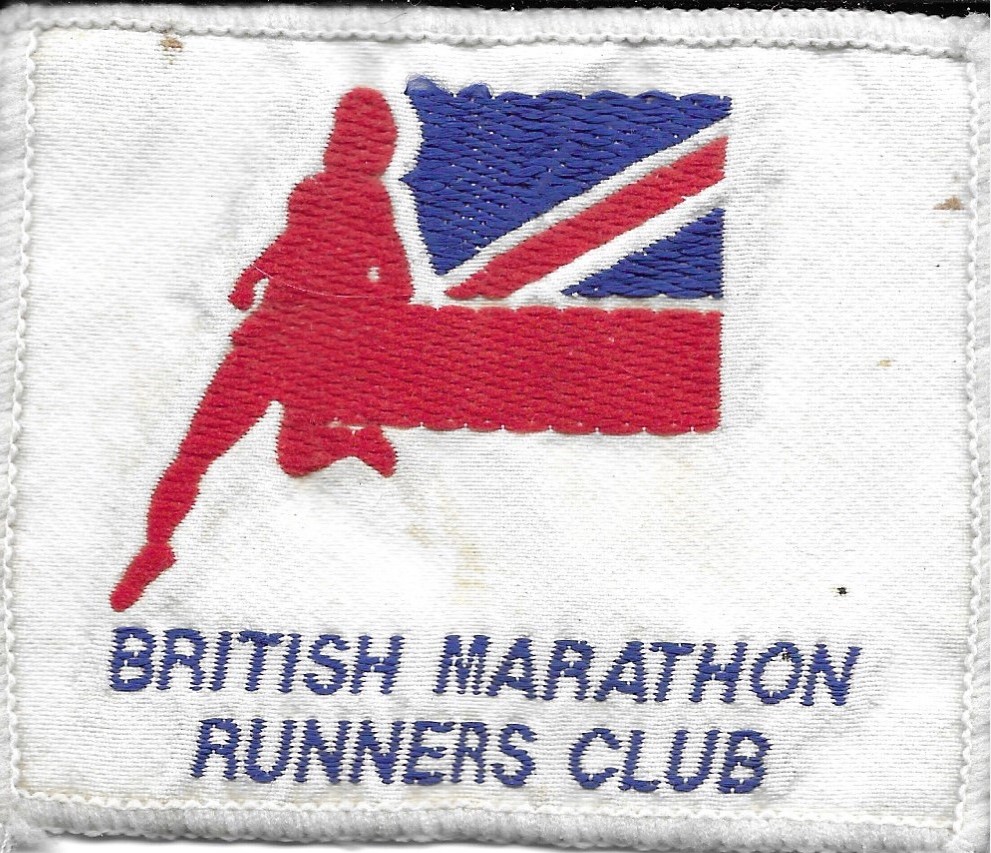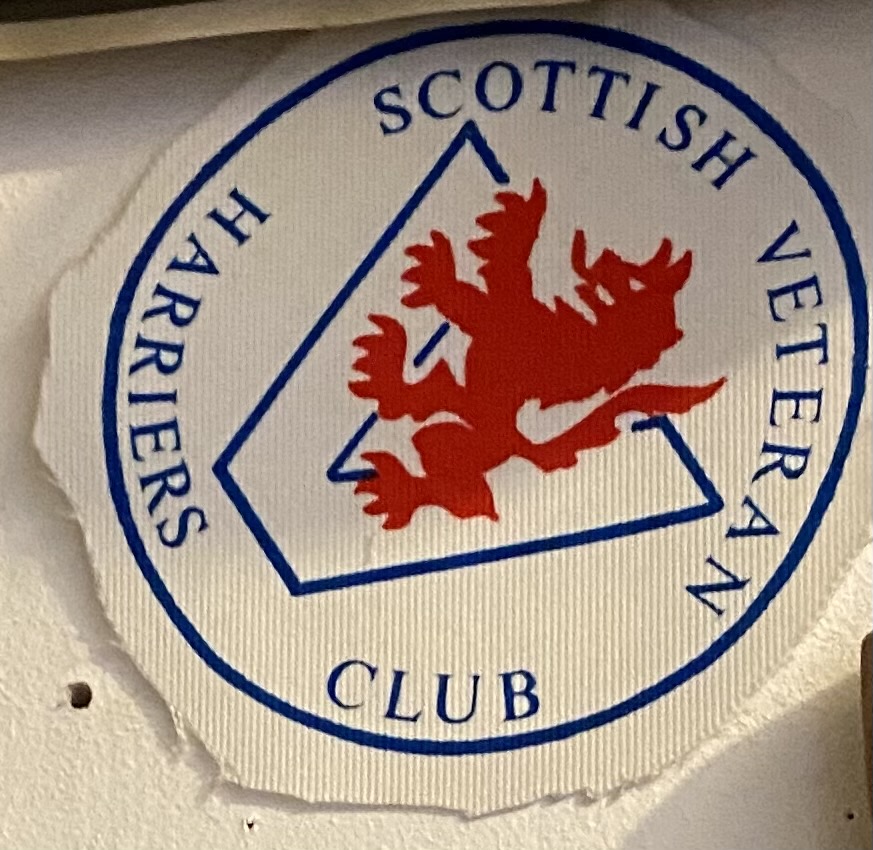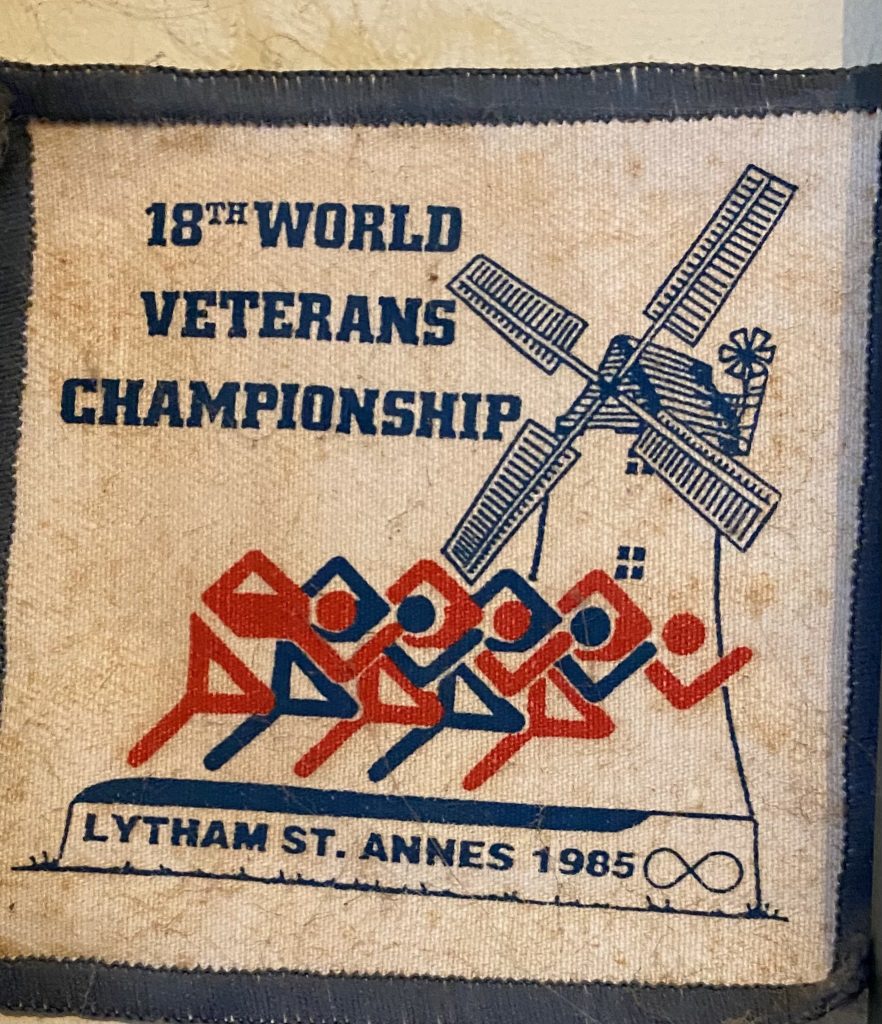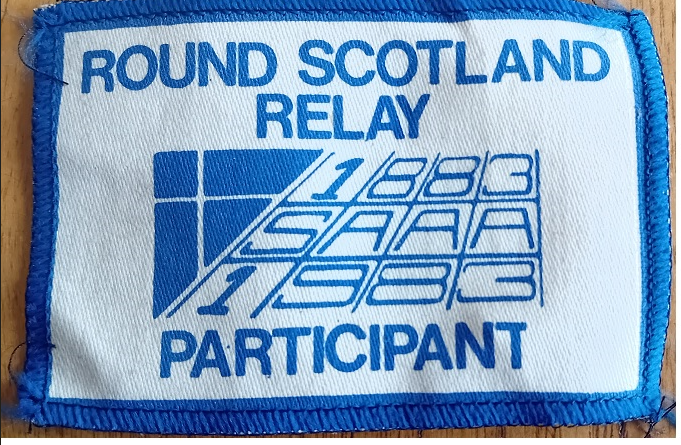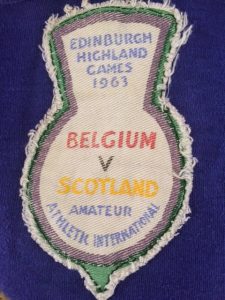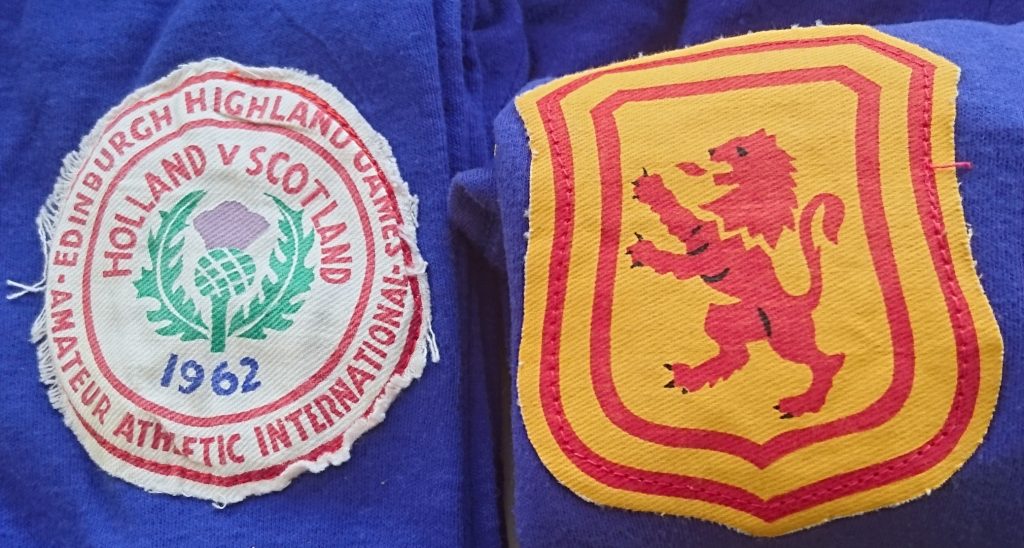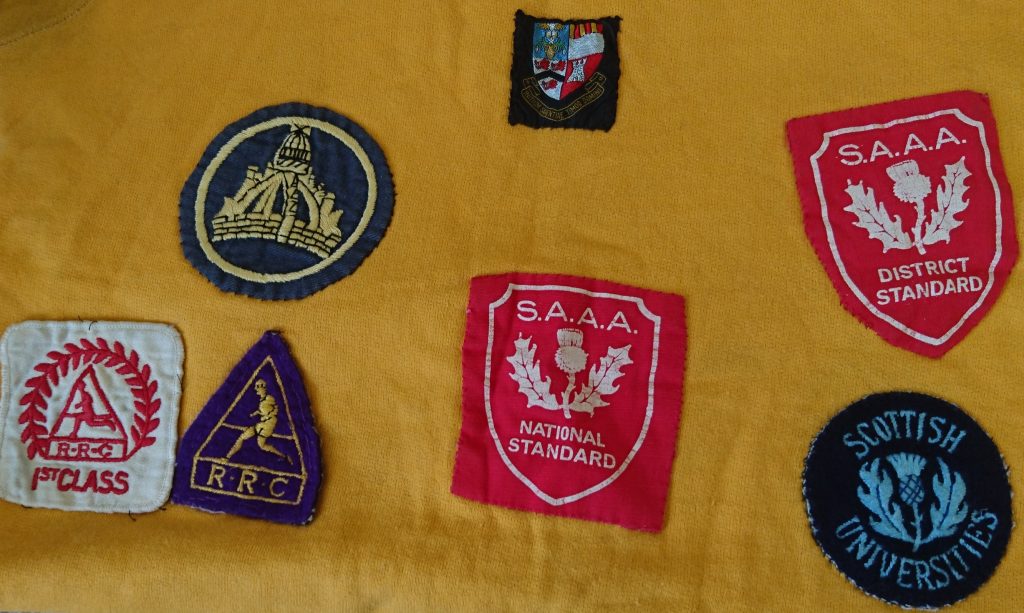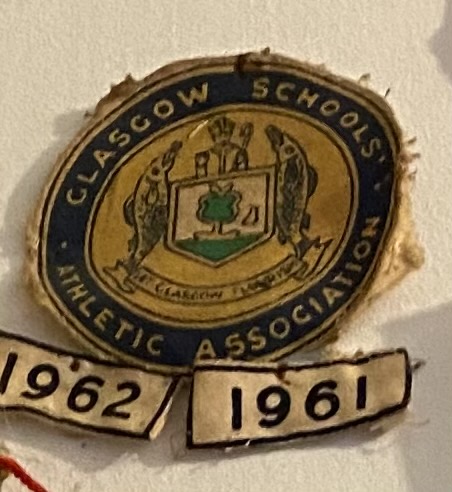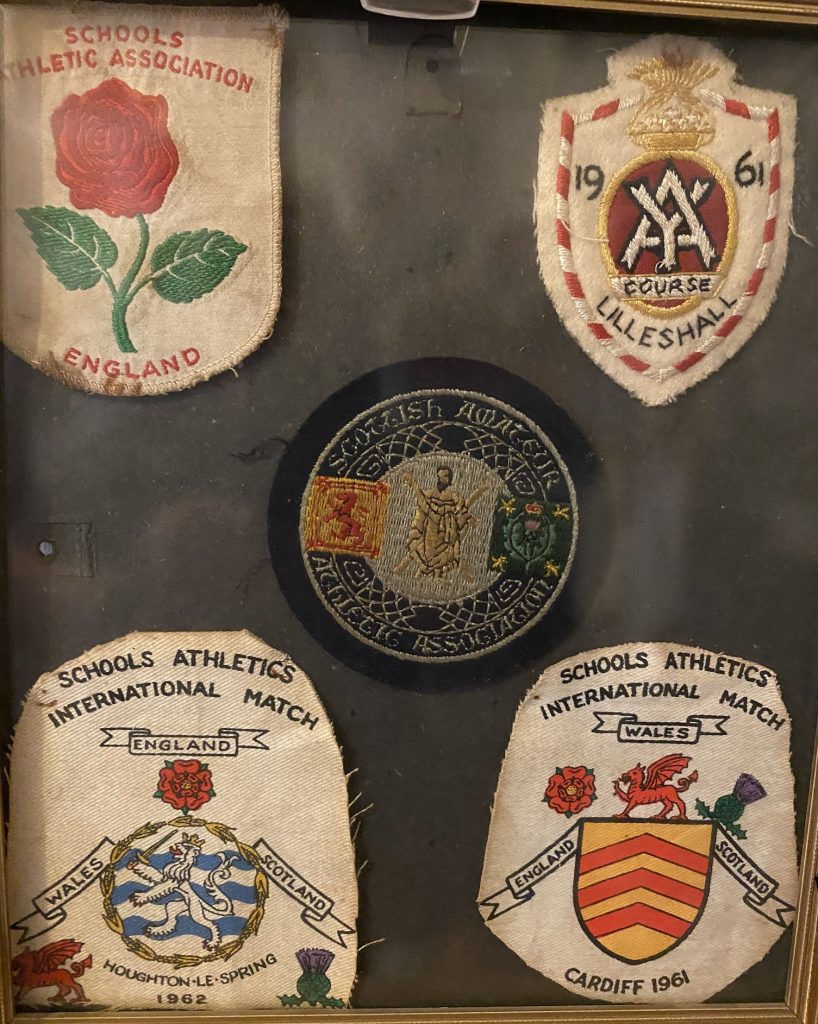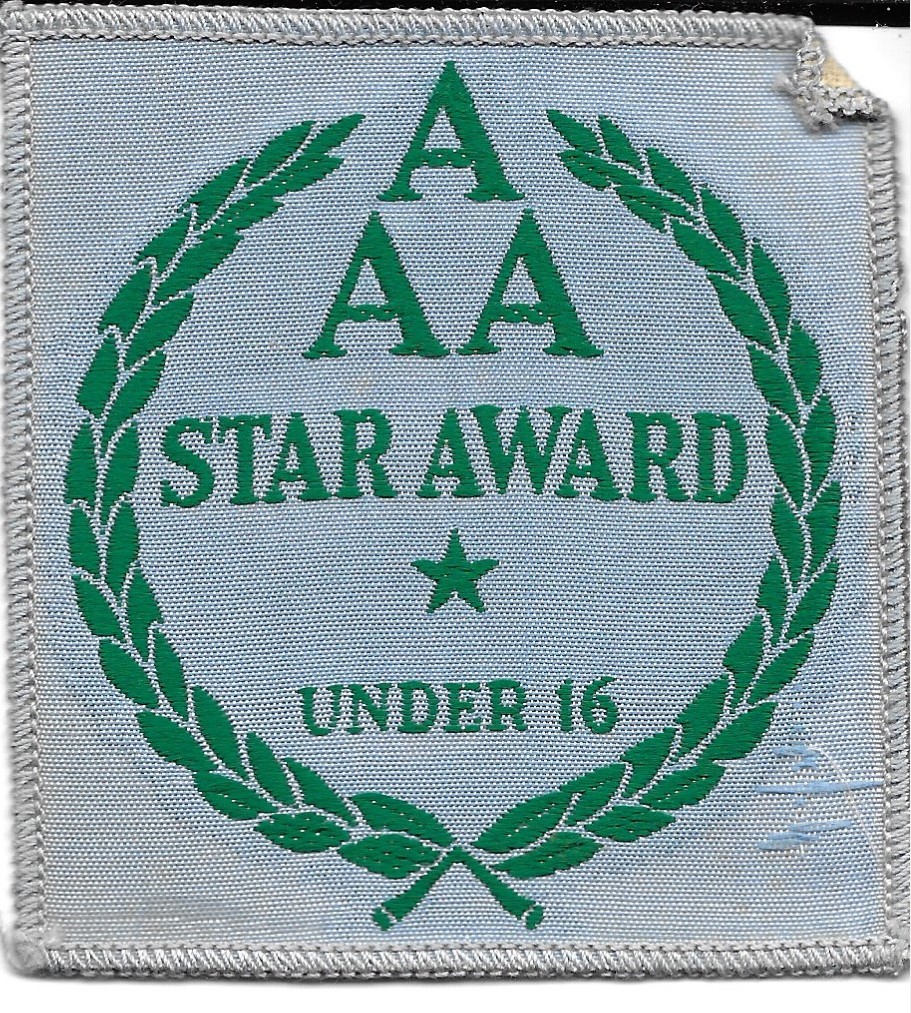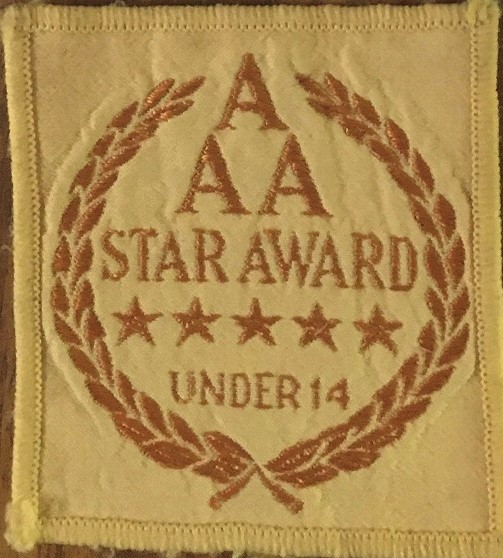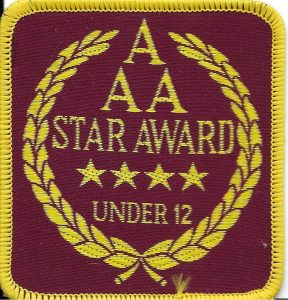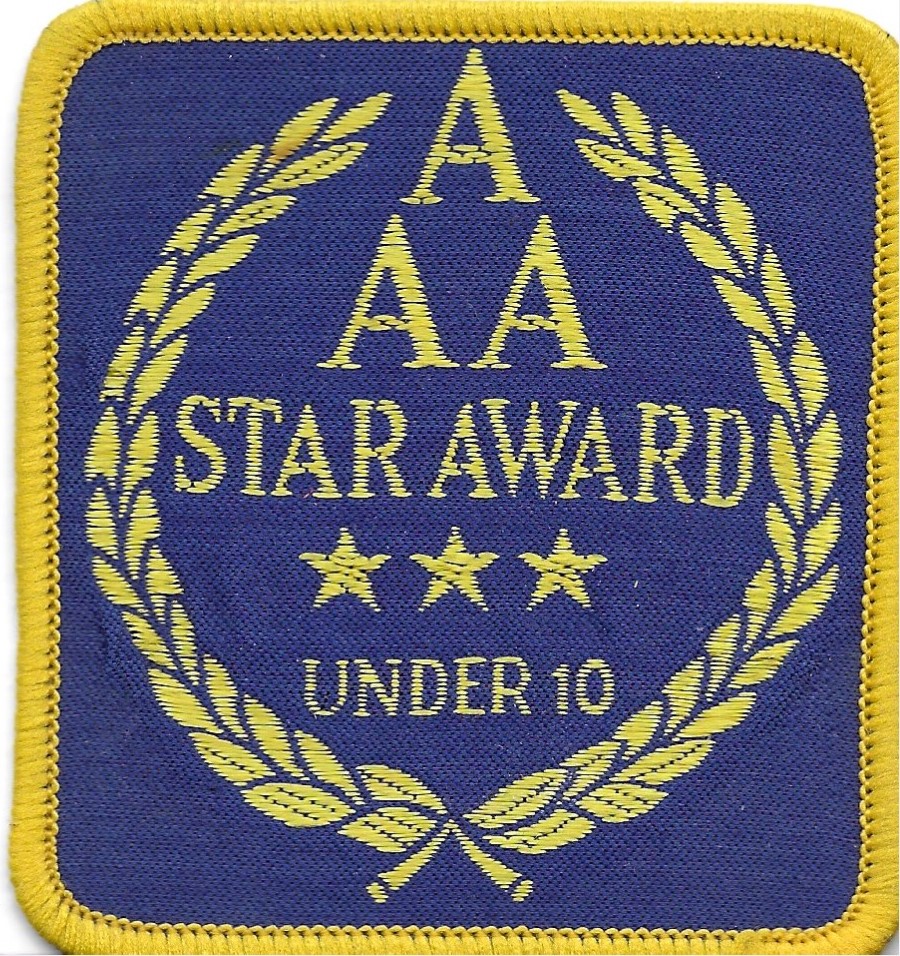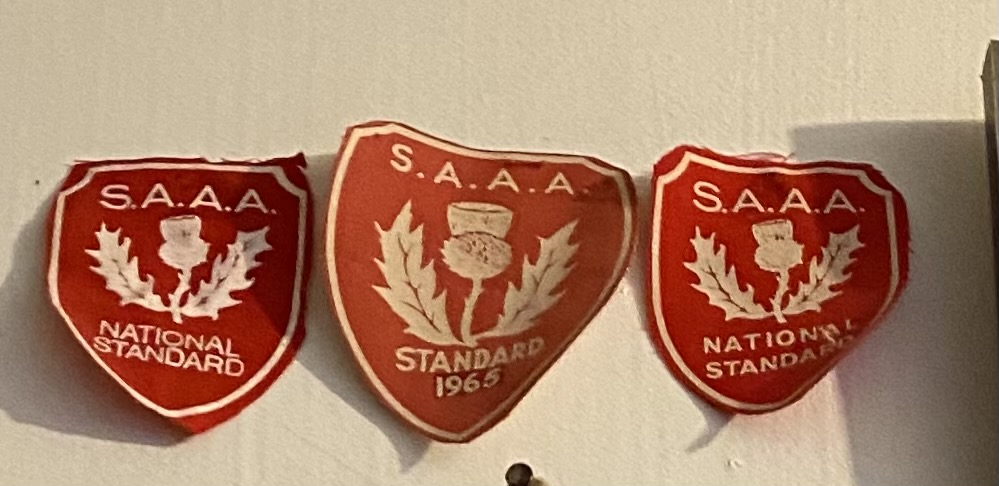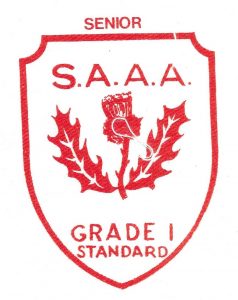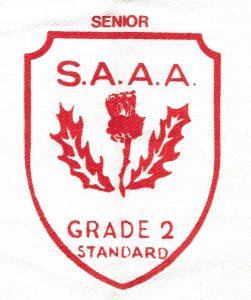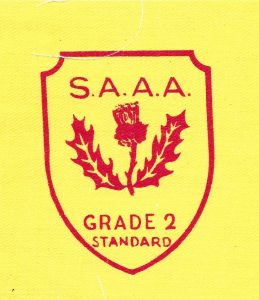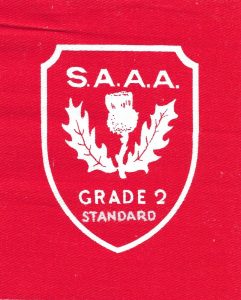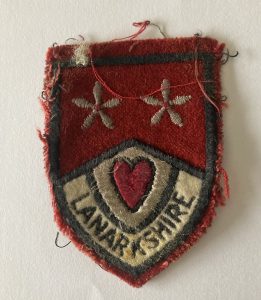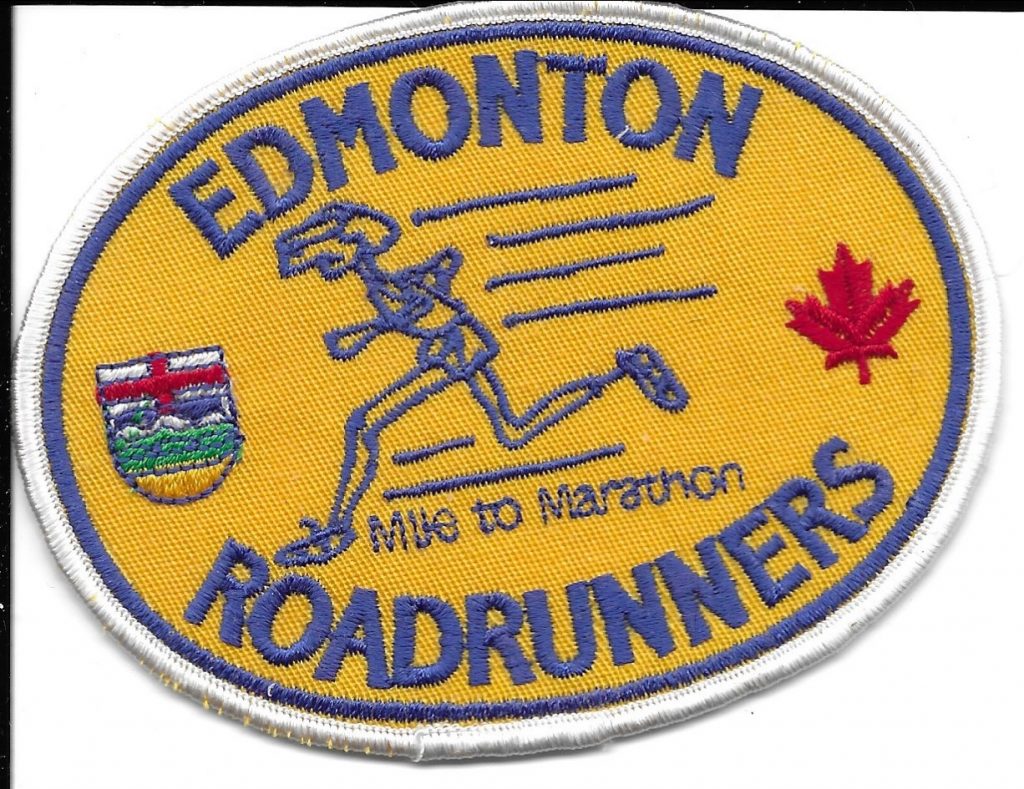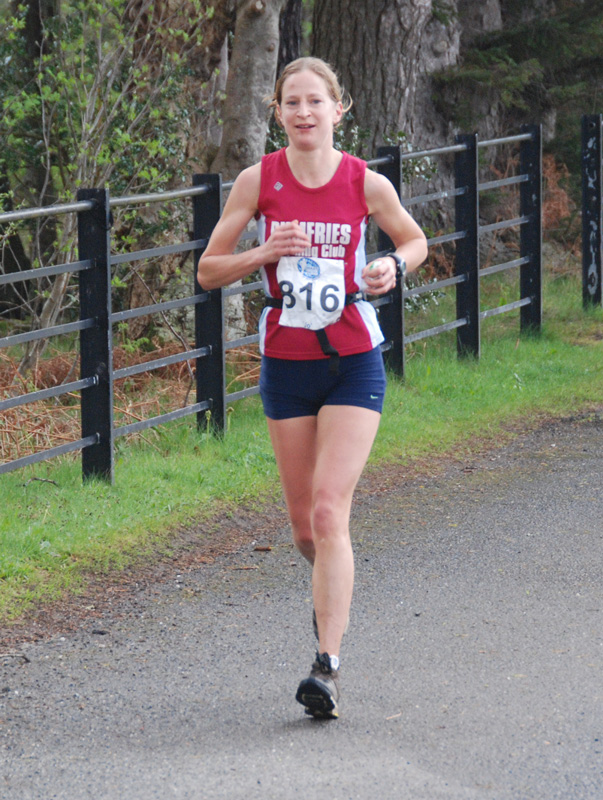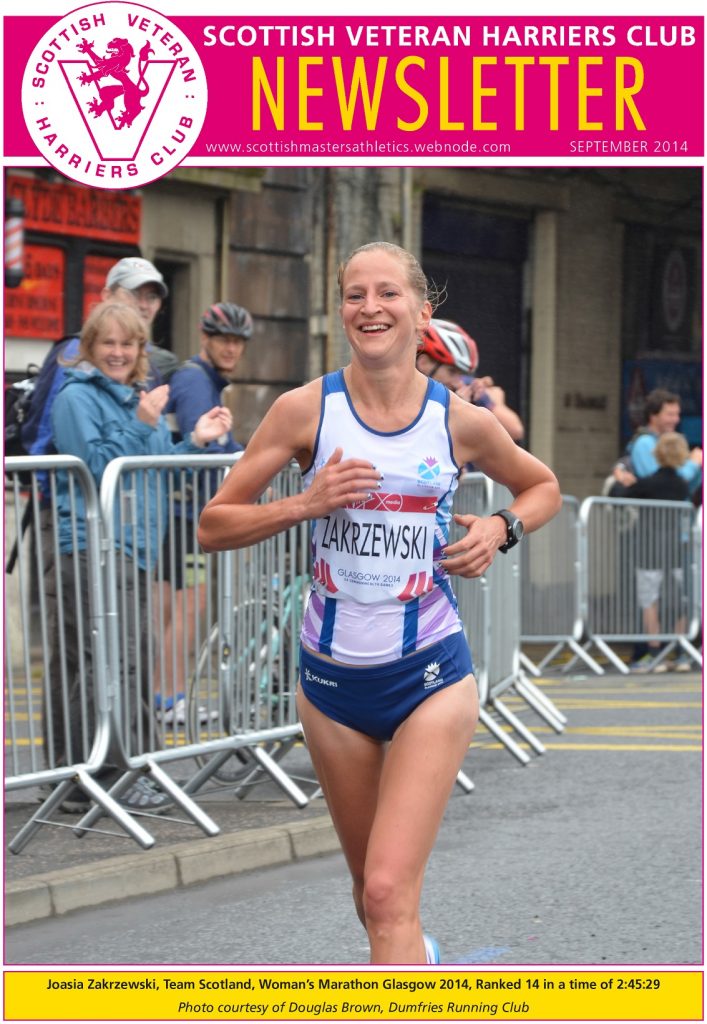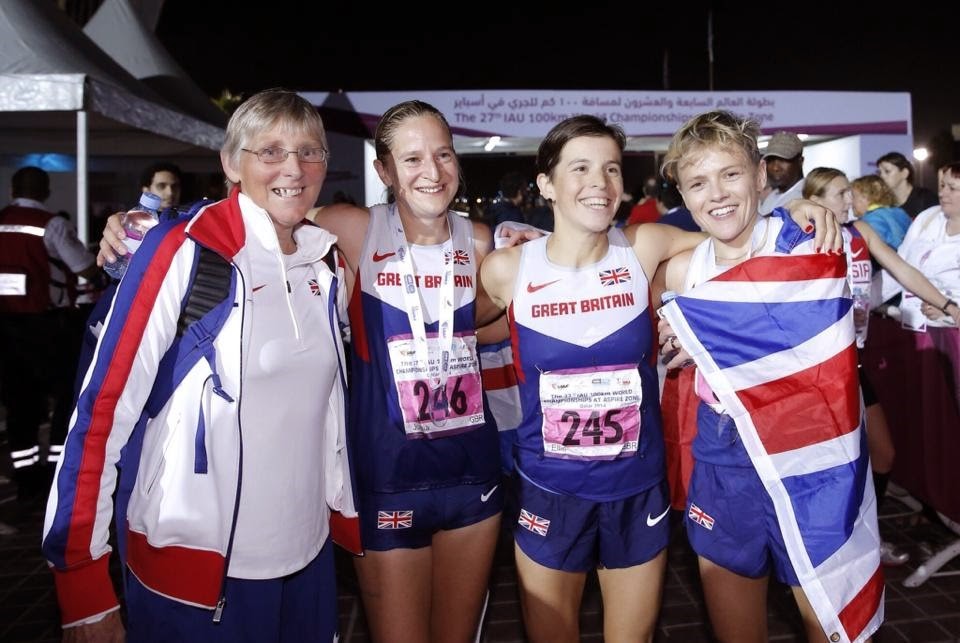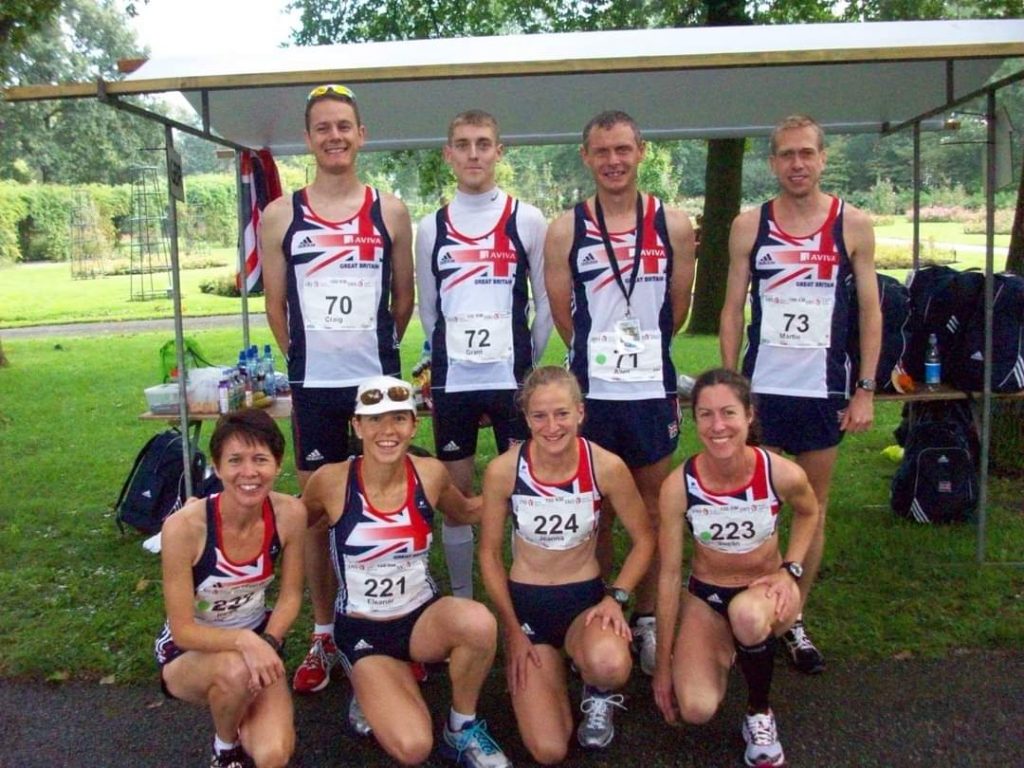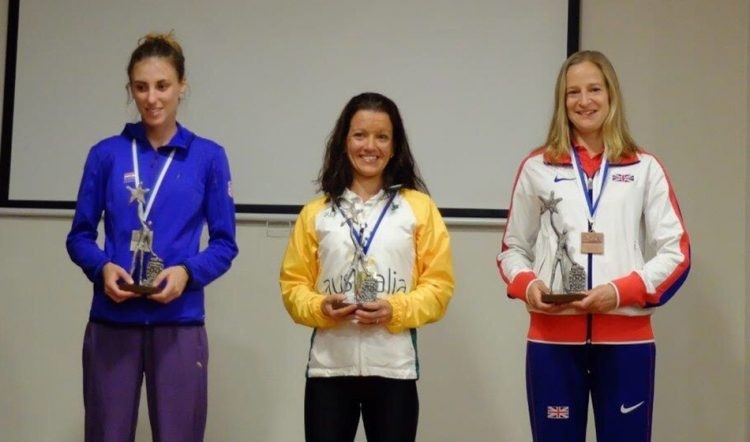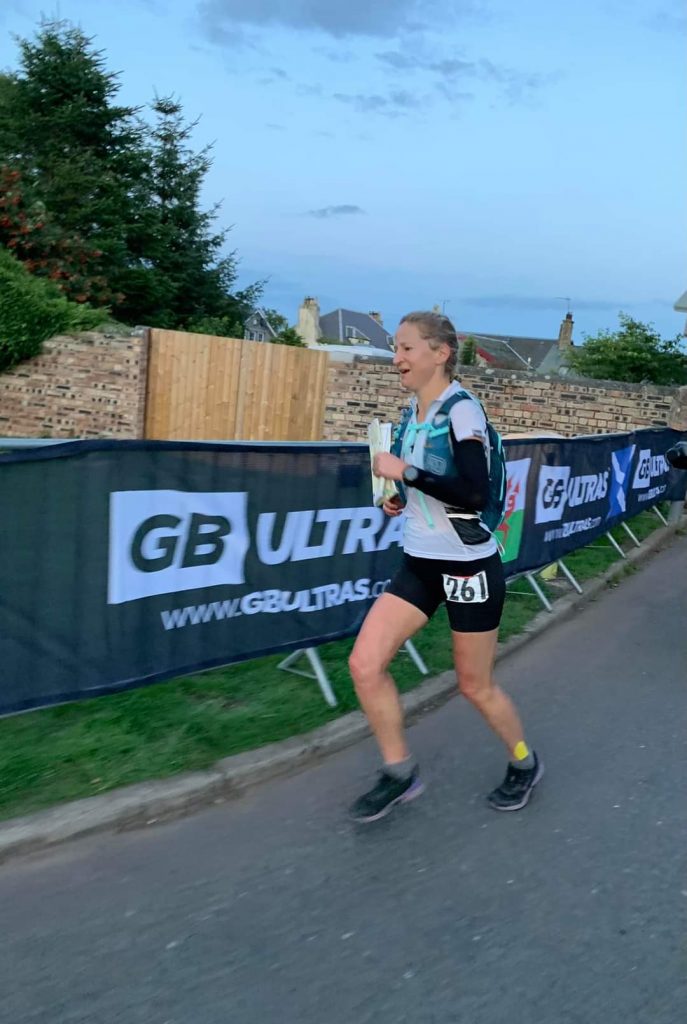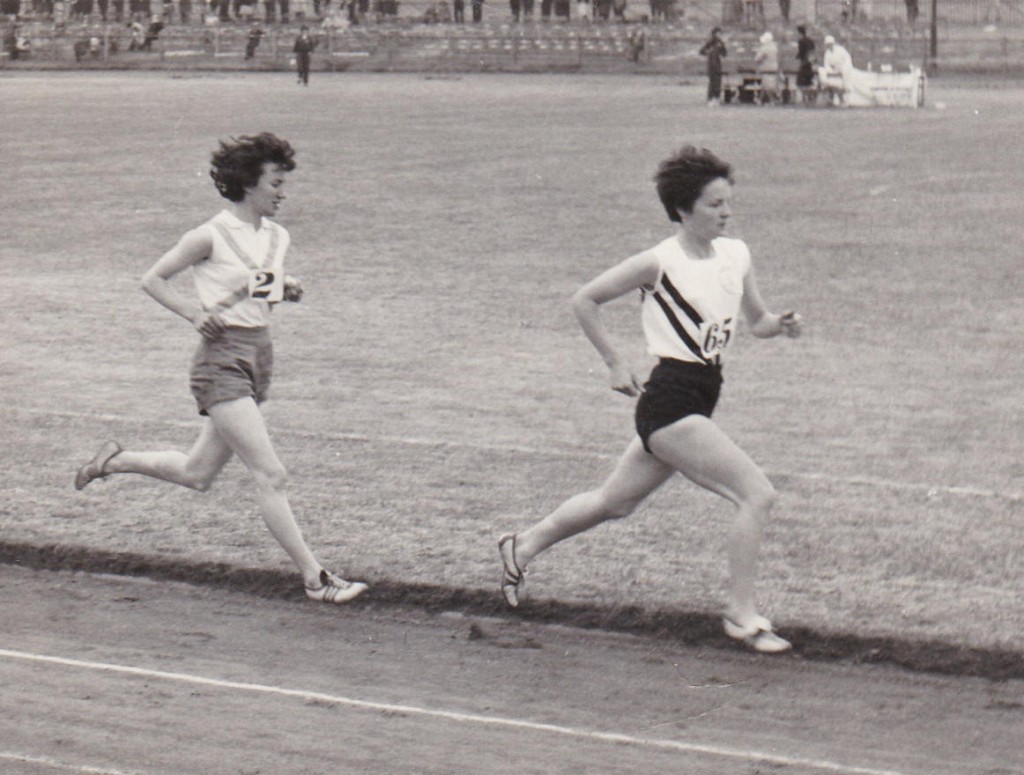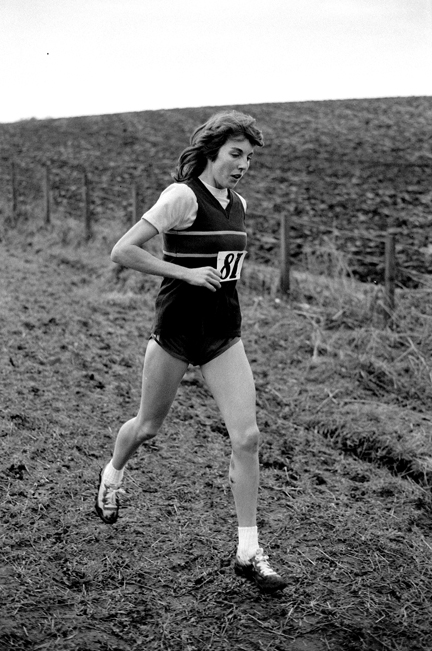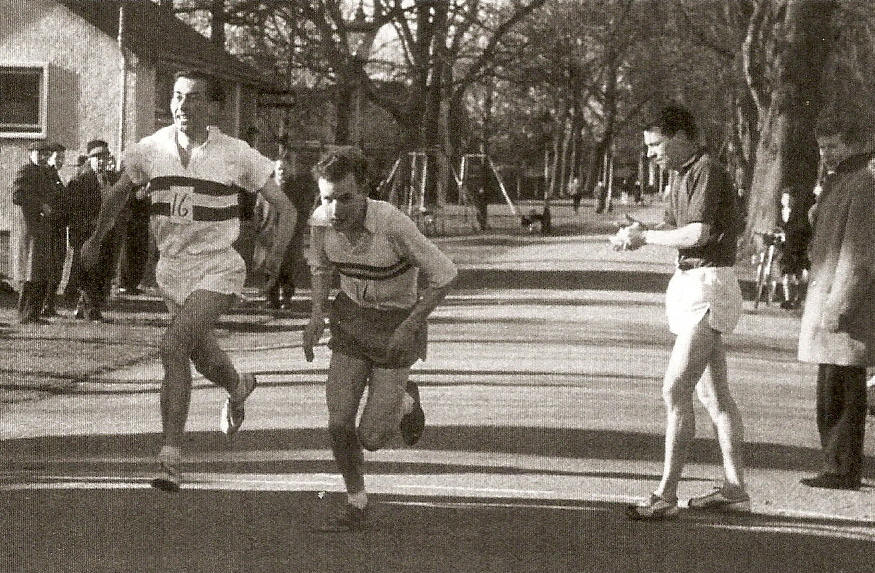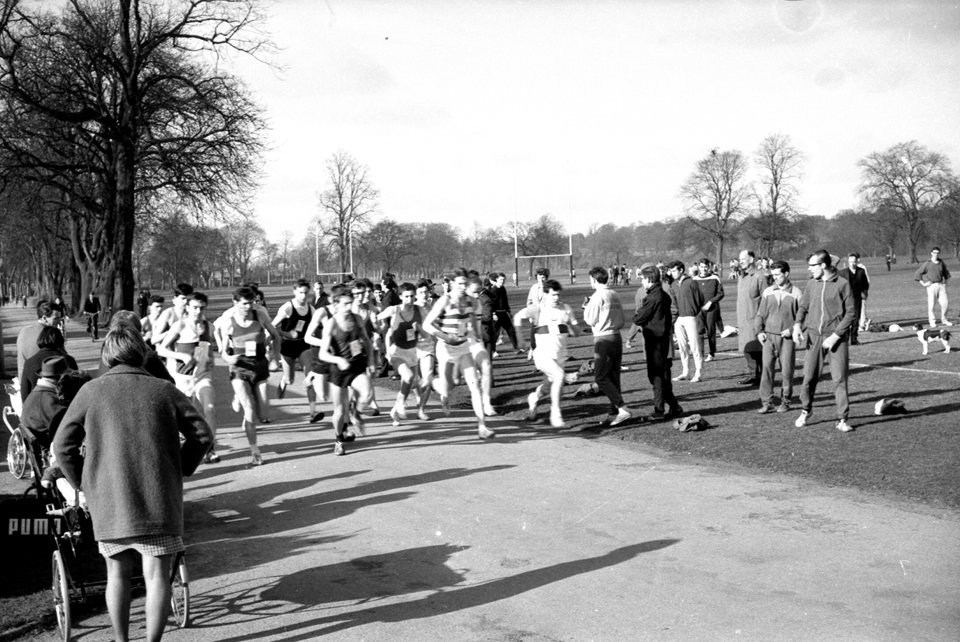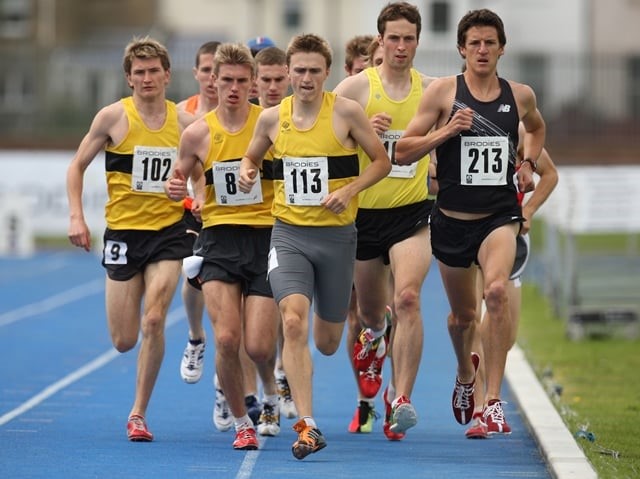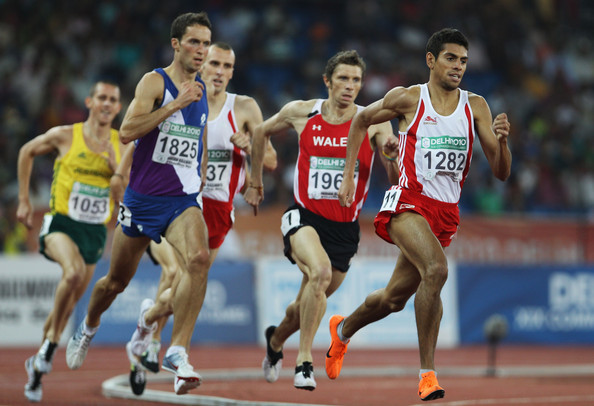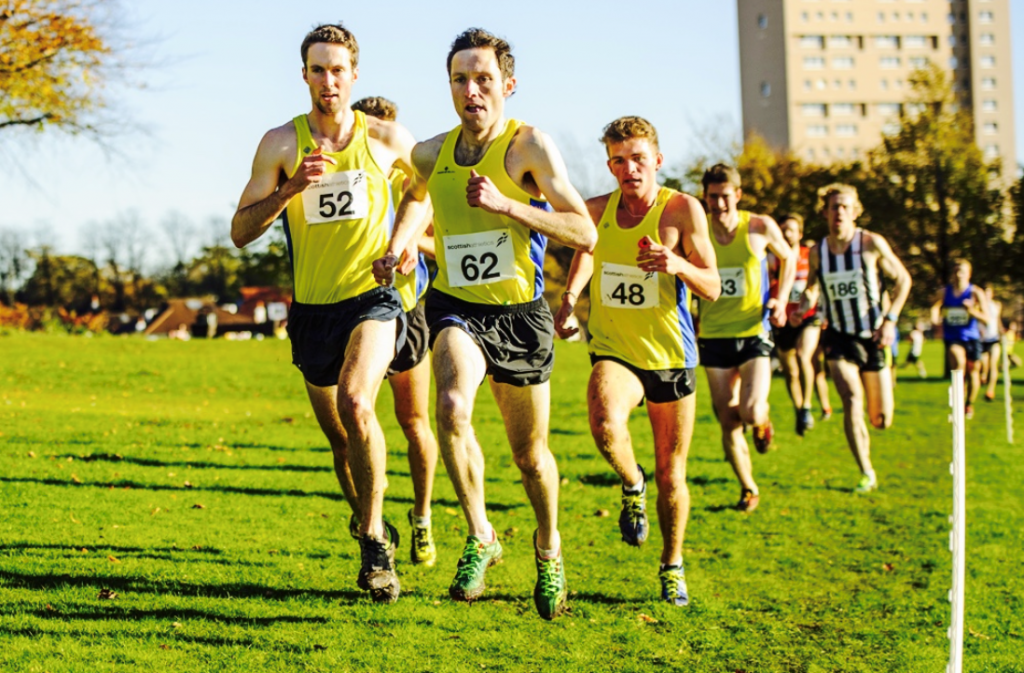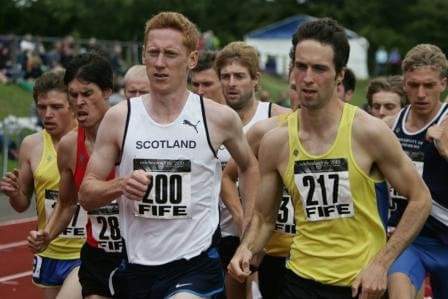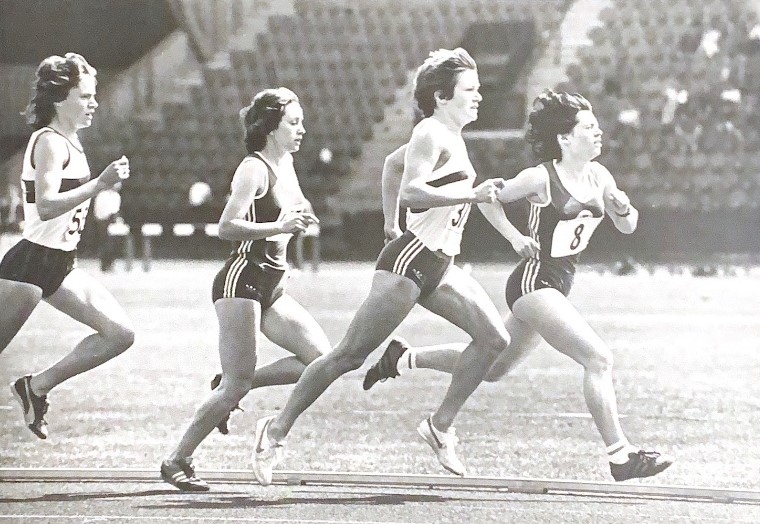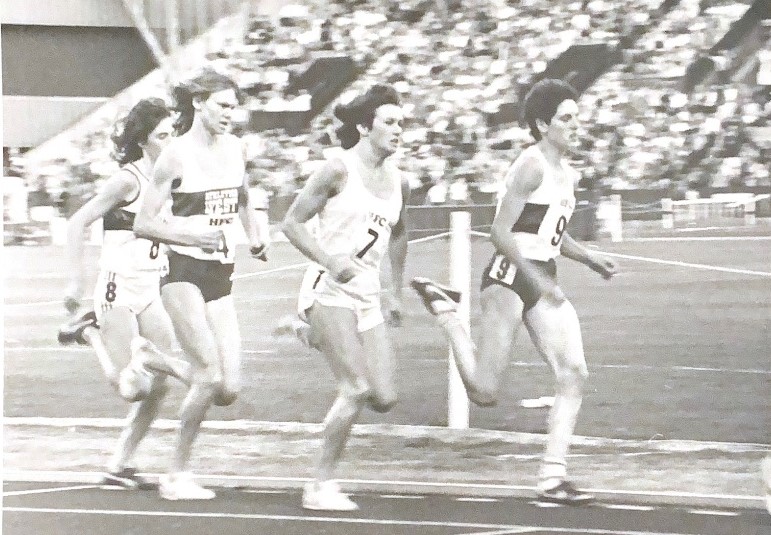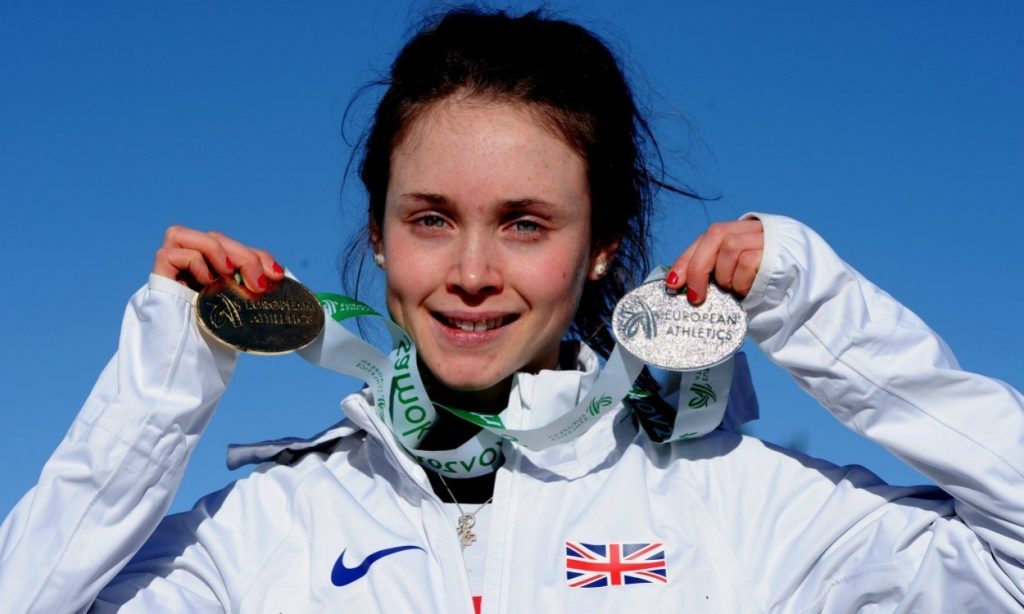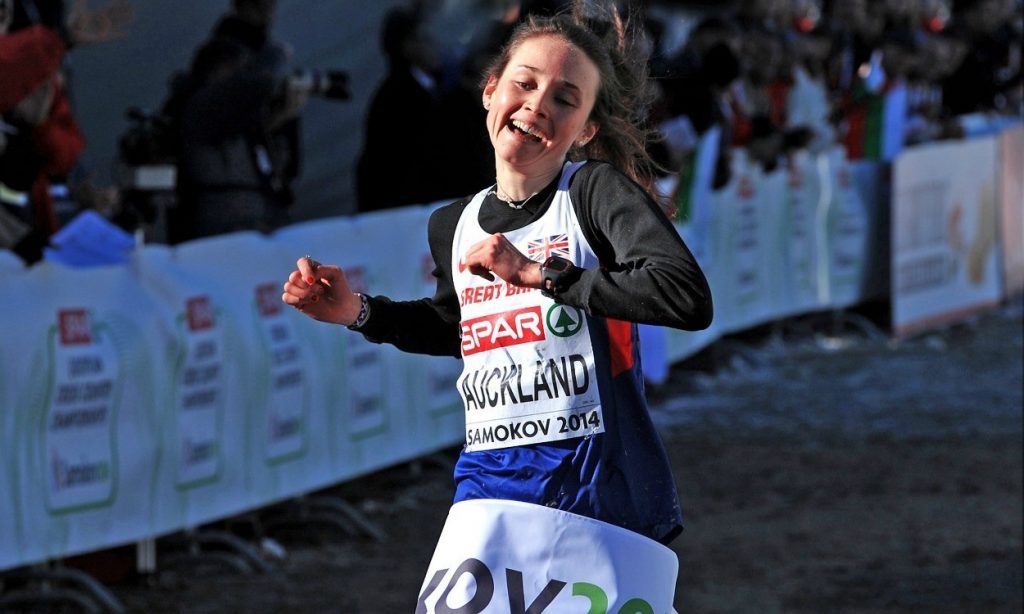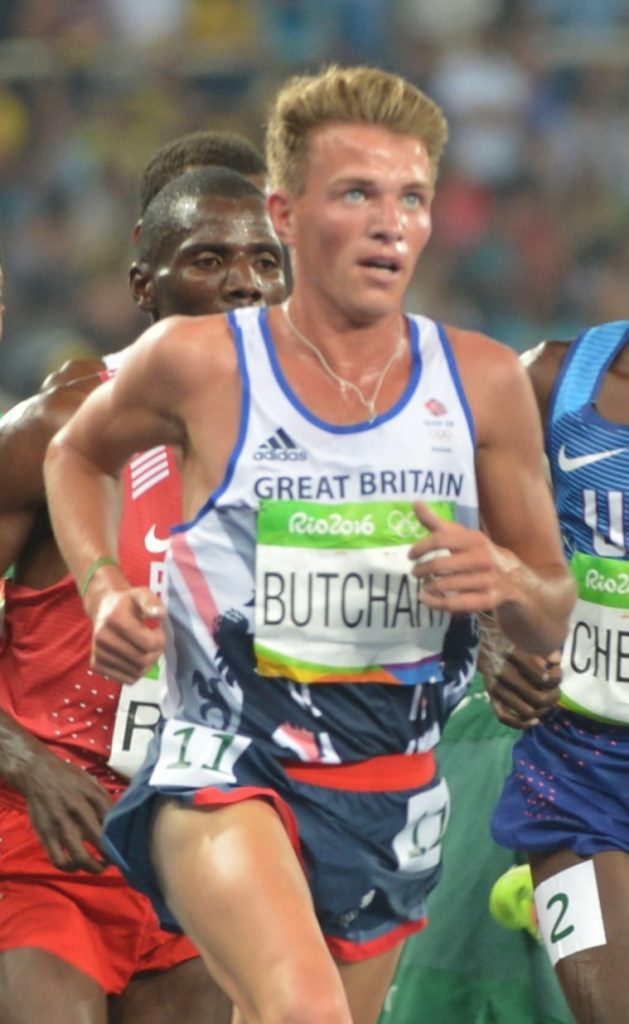The Hawkins brothers have both enjoyed tremendous success, in Scotland, Britain and elsewhere. Hopefully, their careers will continue to flourish.
First, the older brother: DEREK HAWKINS.
His WIKIPEDIA entry tells us :
“Derek Hawkins won the Scottish cross-country championships in 2011 and 2012. In 2012, he ran his first marathon, competing in Frankfurt and finishing in a time of two hours 14 minutes and four seconds.
At the 2013 London Marathon, in his second competition over the distance, he was the highest placed British athlete, finishing 13th in 2.16.51. This result qualified him for the 2013 World Athletics Championships, but Hawkins decided not to compete in Moscow, in order to focus on his preparation for the 2014 Commonwealth Games.
Hawkins competed at the 2014 Commonwealth Games, held in Glasgow, Scotland, representing the host nation in the men’s marathon. He finished 9th in a time of 2.14.15, 11 seconds slower than his personal best, but was the highest finishing British athlete in a race won the Australia’s Michael Shelley.
At the 2016 London Marathon, Hawkins finished 14th overall, and was the third British-qualified athlete to finish in a personal best time of 2.12.57. This time was inside the qualifying time of 2.14.00, needed for the 2016 Summer Olympics to be held in Rio de Janeiro, Brazil but, as he was outside of the top two British finishers, he did not achieve automatic selection for the Great Britain team. He was later chosen as a selectors’ pick for the Games and was joined in the men’s marathon by fellow British athletes, Tsegai Tewelde and Derek’s brother Callum “
(Unfortunately, hampered by a recurring injury, as well as hot and humid conditions, Derek had to battle very hard just to finish the Olympic Marathon in 2.29.24. Tsegai Tewelde dropped out.)
POWER OF 10
Leeds City / Kilbarchan AAC
Progression:
2003: U15 won Scottish Schools 1500m.
2005: U17 won Scottish Schools 3000m June, Grangemouth.
2005: U17 Tullamore, July, 4th in 3000m in Schools’ International match.
2009: Career really took off. He won the U20 Scottish National XC (4 secs clear of Tsegai Tewelde)
2010: 3rd in Scottish Senior National XC; April ran the World University CC in Canad; U23 ran for GB in the European CC in Portugal.
2011: U23 ran Celtic Nations XC’ Won Scottish Senior National XC; for GB ran the World Cross in Spain and the European Cross in Slovakia.
2012: won the Scottish Senior National XC; won the Home Countries International XC; completed the Frankfurt Marathon in 2.14.04.
2013: won the Scottish 10,000m Championship at Grangemouth 30.24.58.
2016: Personal best Half Marathon (1.03.53) at Ostia, Italy.
2019 6th in the Scottish National XC Championships. Personal best marathon at Frankfurt (2.12.49).
Derek HAWKINS (29.04.89) Kilbarchan, Leeds City
Championship Record:
Olympics 2016 Marathon (114th);
Commonwealth 2014 Marathon (9th).
British: 1st Marathon 2013, 3rd Marathon 2016.
Scottish: 1st 10,000m 2013, 3rd Marathon 2016.
In the annual Scottish lists, Derek Hawkins was ranked first in the marathon (2012, 2013 and 2014).
Derek won: the Scottish Under-15 1500m in 2003; and the Under-17 3000m in 2005.
In the Scottish Schools Championships, he won the Group C 1500m in 2003; and the Group B 3000m in 2005.
Scottish International appearances:
6 Junior International XC vests (Celtic Nations 2004-11, Home Countries 2009)
In the Celtic Nations at Ayr v Wales and NI in 2004, Derek Hawkins was part of the winning Scottish Under-17 team; in 2005 he was second and his Under-17 team won again; In 2009 he finished third Under-23; in 2010 at Antrim, he was second and led the Scottish Under-23 team to victory over Wales, Ulster and Ireland; in 2011 at Dublin, he finished second and led the Scottish Under-23 team to victory over Ireland and Wales.
At Bangor, Wales in 2009, he won the Home Countries Junior XC match and led Scotland to victory over England and Wales.
2 Senior International XC vests:
In 2010 at Drogheda, Ireland, v USA, Poland, Ireland, Wales and Finland Derek finished fourth (first Scot, one second in front of his brother Callum). Scotland was third, in front of Ireland, Wales and Finland.
In 2012 at Giffnock, Derek Hawkins won the Home Countries International and led Scotland to team victory against England and Wales.
2 Senior International Road vests:
At Glasgow in the 2014 Commonwealth Games Marathon, Derek finished 9th and First Briton in 2.14.15.
At Armagh in 2015, he finished 8th (First Scot) in an International 5k race.
Scottish National XC Championships:
Derek Hawkins won the Under-15 title in 2003 and 2004. Kilbarchan AAC won the team both years.
In the Under-17 category, he was second in 2005 and Kilbarchan won.
In the Under-20 category, Kilbarchan won in 2007; and the team secured silver medals in 2009, led by Derek, who won gold.
As a Senior, Derek Hawkins was third in 2010 and won the title in 2011 and 2012.
Scottish XC Relay Championships:
In the Senior event, Kilbarchan (including Derek) secured bronze medals in 2008.
West District XC Championships:
Derek Hawkins won: the Under-15 title in 2003; and the Senior title in 2012.
Scottish Six-Stage Road Relay Championships:
In the Senior event, Kilbarchan (including Derek) won the title in 2015.
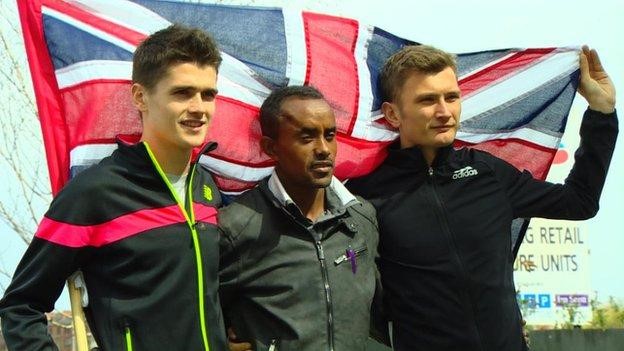
Left to right: Callum Hawkins, Tsegai Tewelde and Derek Hawkins after the 2016 London Marathon.
(BBC SPORT reported on the 26th of April, two days after the London Marathon.)
“Derek Hawkins had a nervous wait to find out if he would be a selectors’ pick, he told BBC Scotland: “I was in my bed when I got a phone call early this morning; I was elated.
“When I crossed the line, I was the third Brit and just out of the automatic selections, but I ran a PB and you feel that you have justified your selection.
“But it is a matter for the selectors, so it out of your control and you are sitting there thinking for a couple of days.”
Callum Hawkins, 23, finished eighth in the London Marathon in a new personal best of 2:10:52 and hailed it as a great achievement for their father, Robert, who is also their coach.
“Before Sunday, he was a bag of nerves and probably more nervous than us,” he said. “To get us both in is huge.
“To have your training partner and brother in the same race at the Olympic Games is going to be unbelievable.”
Asked what his target would be in Rio, the younger Hawkins said: “In a perfect world, top 20, but it is going to be really tough and conditions are going to be pretty tough – something I’ve never experienced before in a marathon.”
Tsegai Tewelde, a Glasgow-based Eritrean who claimed asylum in Britain in 2008, ran 2:12:23 to finish 12th in what was his first marathon.
It caps a remarkable story for the 25-year-old, who still bears the scars on his forehead from a landmine that exploded next to him when he was eight, killing his friend.
“It’s massive for me,” said Tewelde. “It’s exciting to be part of the British team and I’m very happy.”
Now CALLUM HAWKINS:
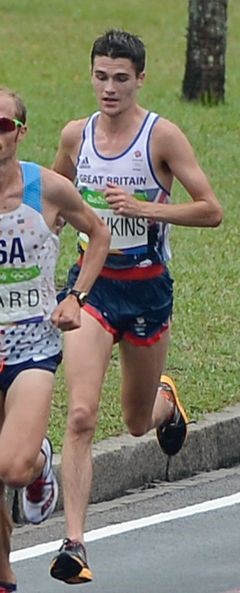
Callum Hawkins in the 2016 Olympic Marathon
WIKIPEDIA:
This is only the introduction:
“Callum Hawkins is a British distance runner, who competed in the marathon at the 2016 Summer Olympics. He is the Scottish record holder in the marathon and the British all-time number three at that distance behind Mo Farah and Steve Jones. Hawkins is also the all-time Great Britain number two (and European all-time number six) in the half marathon. He is the Great Scottish Run course record holder and was the first British man to win that event in 23 years.”
NOW CONSULT CALLUM HAWKINS’ FULL WIKIPEDIA to gain a clear understanding of his impressive achievements in Athletics.
POWER OF 10
Major Championships and International Championships:
2009: European Youth Olympic Festival – 3000m Gold; European XC Championships – U20 7th
2010: World XC U20 Championships – 47th
2013: European XC Championships – 7th
2014: Commonwealth Games – 10,000m 20th; European XC Championships – 5th
2016: Olympic Games – Marathon 9th; European XC Championships – Bronze; IAAF World Half Marathon Championships – 15th; European Athletics Half Marathon Championships – 9th.
2017: IAAF World Championships – Marathon 4th.
2018: Commonwealth Games – Marathon dnf
2019 – IAAF World Championships – Marathon 4th.
Domestic Championships:
2009: England U20 Championships – 5000m 4th
2013: British XC Championships 6th; Scottish Championships – 5000m 4th.
2014: Scottish XC Championships – Gold
2015: Scottish XC Championships – Silver
2017: Scottish XC Championships – Gold
2018: The Big Half Marathon – Bronze
MARATHONS:
24/4/2016 London, 2.10.52 8th
21/8/2016 Olympic Games, Rio, 2.11.52 9th
6/8/2017 World Championships, London, 2.10.17 4th
15/4/2018 Commonwealth Games, Gold Coast, Did Not Finish
24/4/2019 London, 2.8.14 (Scottish record) 10th
6/10/2019 World Championships, Doha, 2.10.57 4th
(Personal Best Half Marathon: 2020 at Marugame, Japan. 60.01 [Scottish record] third)
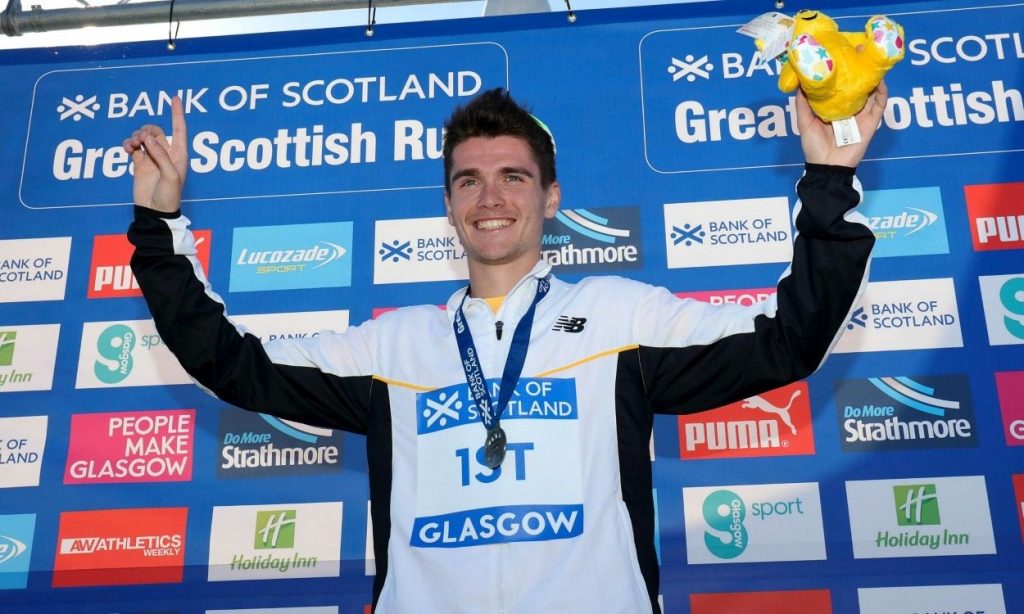
Callum HAWKINS (22.06.92) Kilbarchan, Butler University (USA)
Championship Record:
Olympics: 2016 Marathon (9th);
European: 2016 Half Marathon (9th);
World: 2017 Marathon (4th);
World 2019 Marathon (4th);
Commonwealth Games 2014 (for Scotland) 10,000m (20th);
Commonwealth Games 2018 Marathon (dnf).
British: 1st Marathon 2016, 2nd Marathon 2019.
Scottish: 1st Marathon 2016; 1st 3000m Indoors 2014.
Scottish Schoolboys: won Group B 3000m 2008.
Four Scottish Junior Cross-Country vests: Celtic Nations: 2007 at Belfast, Under-17. 7th (second Scot); 2008 at Edinburgh, Under-17. 2nd (first Scot). Scotland won, beating Ireland, Wales and Ulster; 2009 at Cardiff, Under-20. Callum won, leading Scotland to victory; 2010 at Antrim, Under-20. Callum won, as did Scotland.
One Scottish Senior International vest for Cross-Country at Drogheda in 2010. Callum finished 5th, one second behind Derek. Scotland lost to USA and Poland but beat Ireland, Wales and Finland.
Three Scottish Senior International vests on the road: 2013 at Leeds 10k. Callum finished third (second Scot); 2014 at Leeds 10k. Callum finished second to Andy Butchart; 2018 Commonwealth Marathon, dnf.
Scottish National XC Championships:
Kilbarchan AAC won the Under-15 team title in 2006, when Callum was fifth; team silver in 2007, but Callum won individual gold.
In the Under-17 category: Kilbarchan won team gold in 2008 (Callum was 4th); in 2009 it was individual gold and team silver.
In the Under-20 category: in 2010 Callum won individual gold and team silver.
As a Senior, Callum Hawkins won the title in 2014 and 2017; plus a silver medal in 2015 (behind Andy Butchart).
Scottish XC Relay Championships:
Kilbarchan (including Callum) won the Young Athletes event in 2007 and 2008 plus silver in 2009.
In the Senior Relay, in 2009 and 2014, Kilbarchan (including Callum and Derek) secured bronze medals. These were was upgraded to silver in 2018 and 2019.
West District XC Championships:
Callum Hawkins won: the Under-15 title in 2006; and the Under-17 in 2008.
Inter-District XC Championships:
Callum won: the Under-15 title in 2007; and the Under-17 in 2009.
Scottish Six-Stage Road Relay Championships:
Kilbarchan (including Derek and Callum) won the title in 2015.
